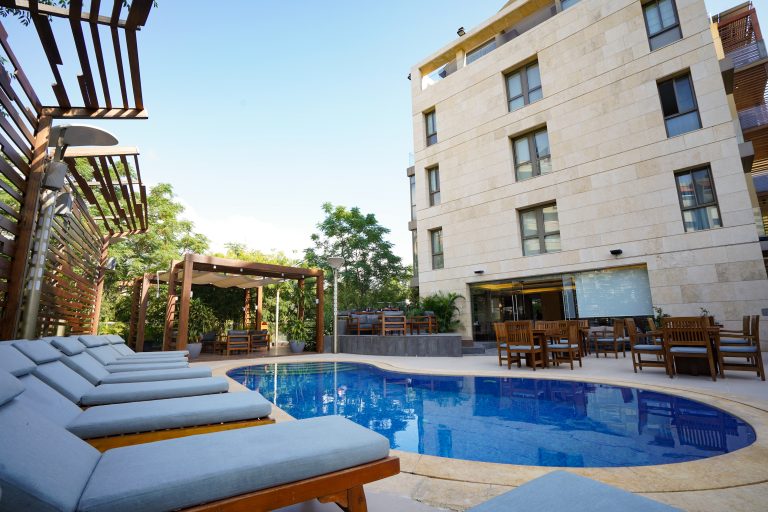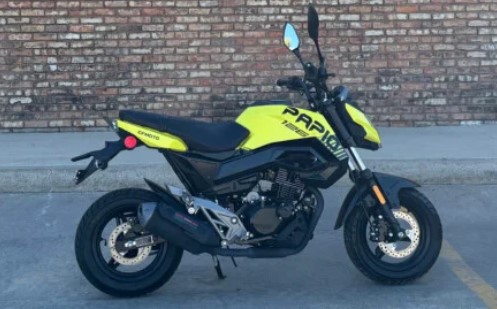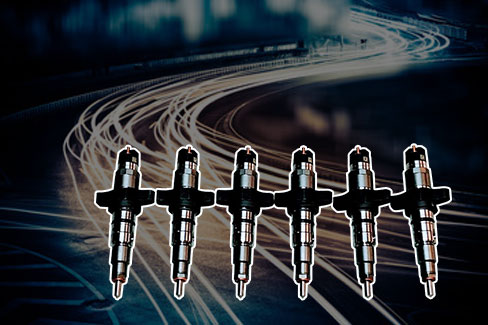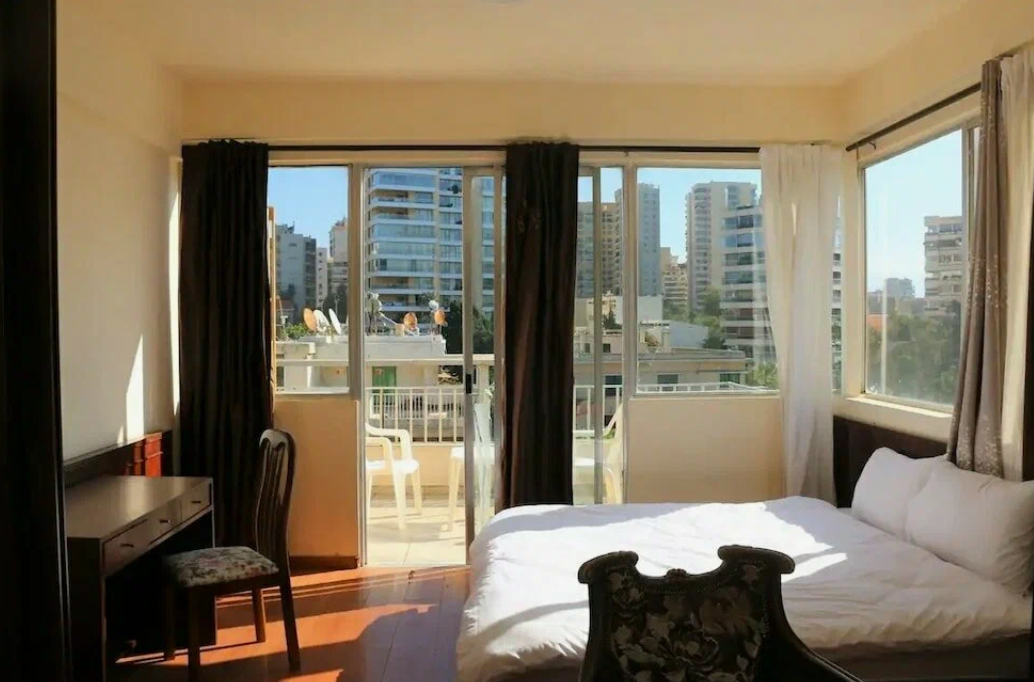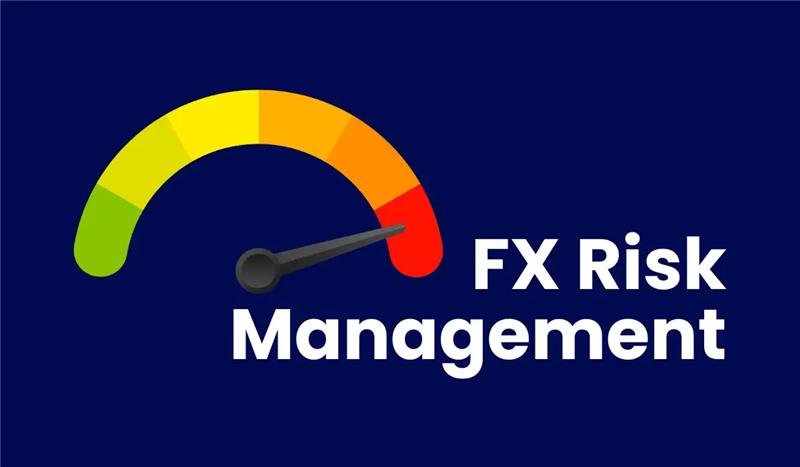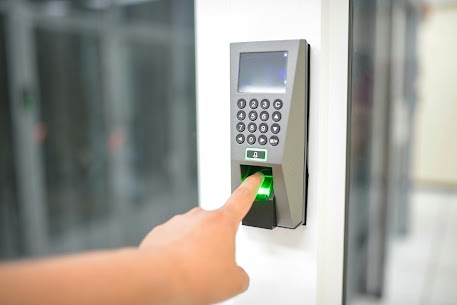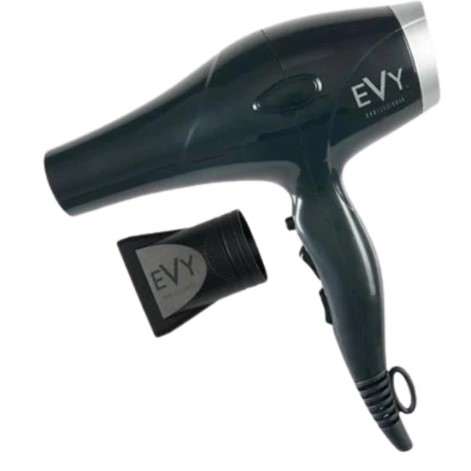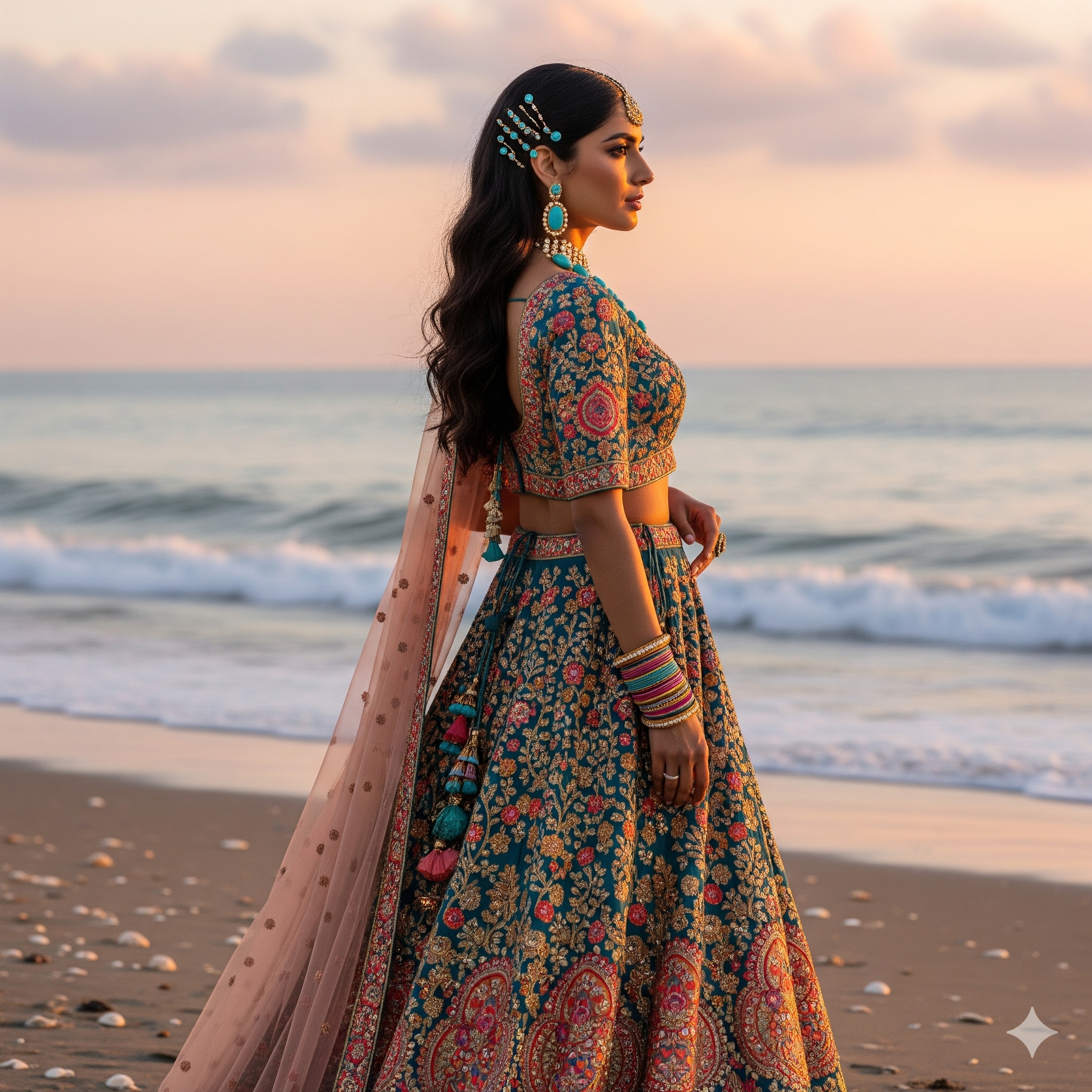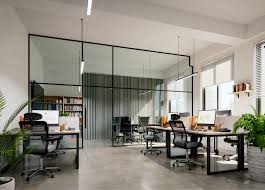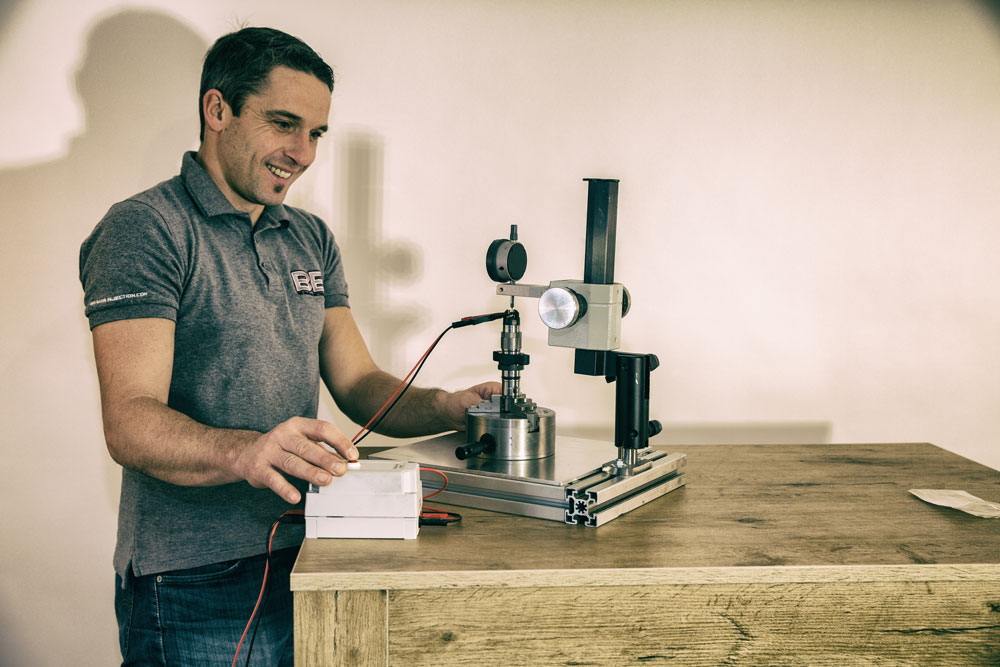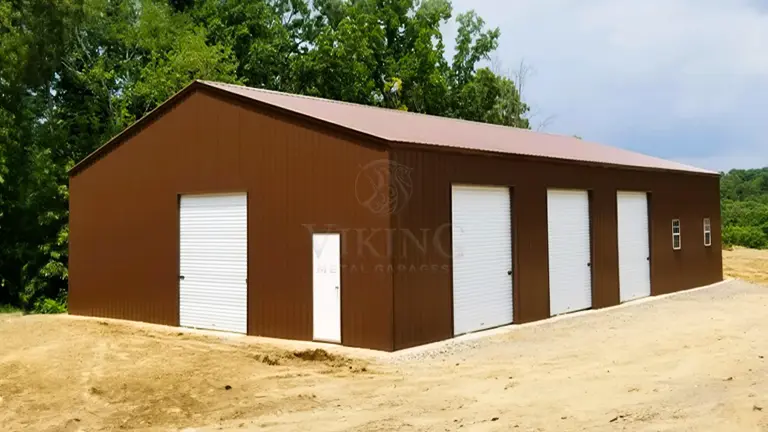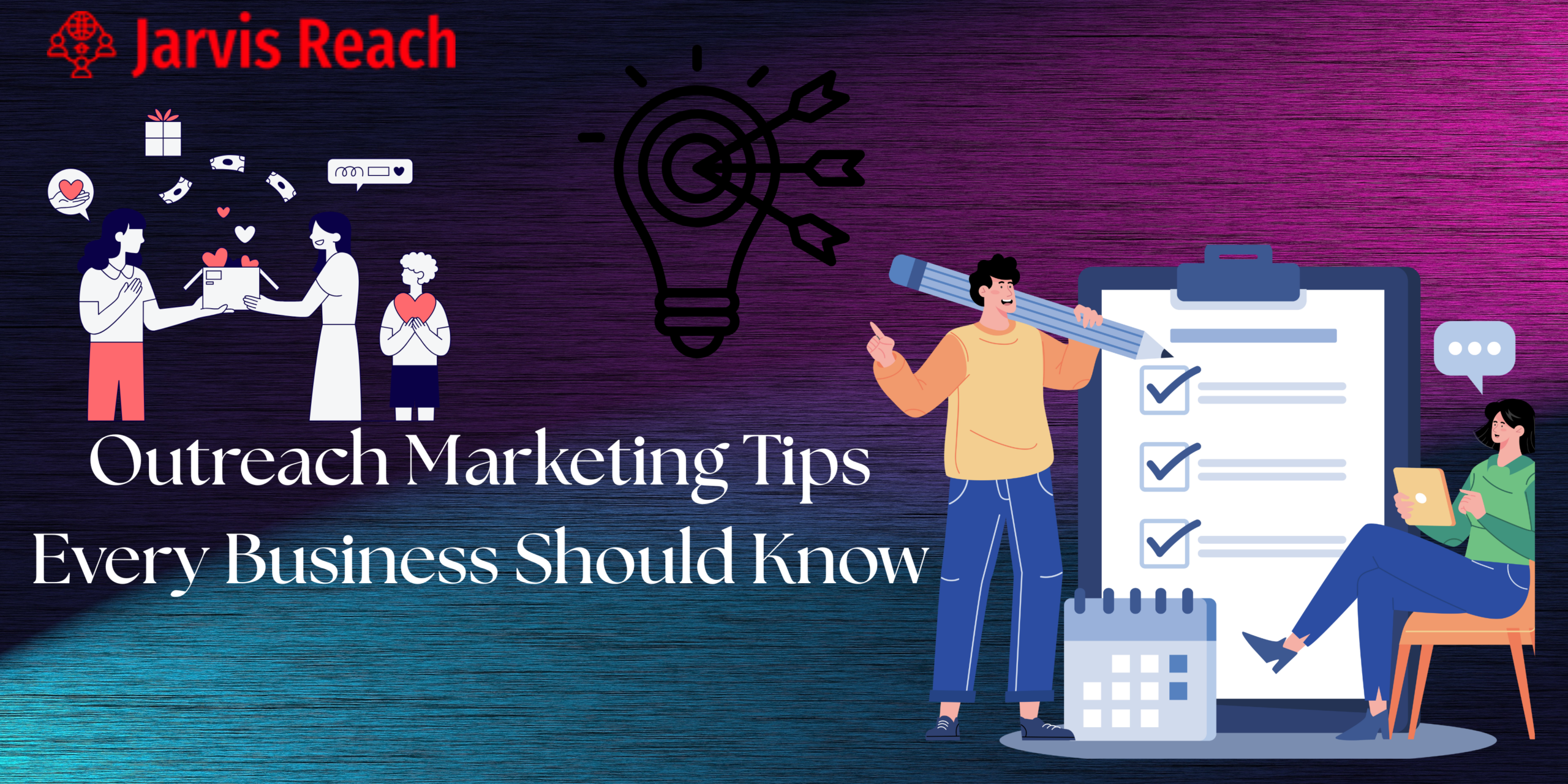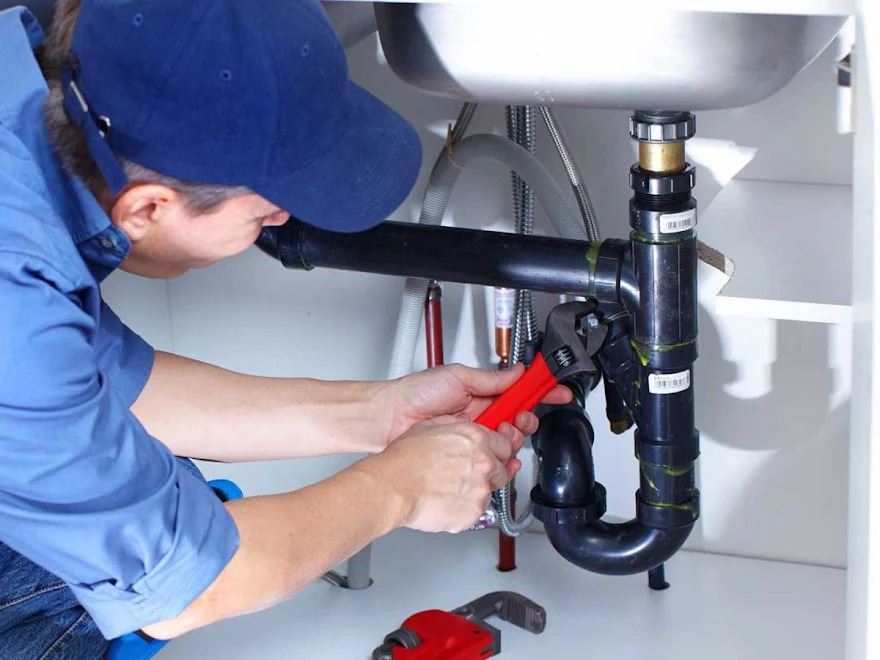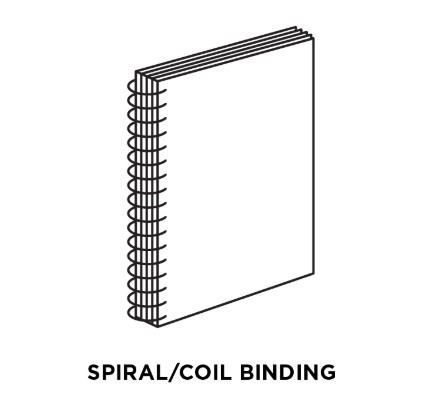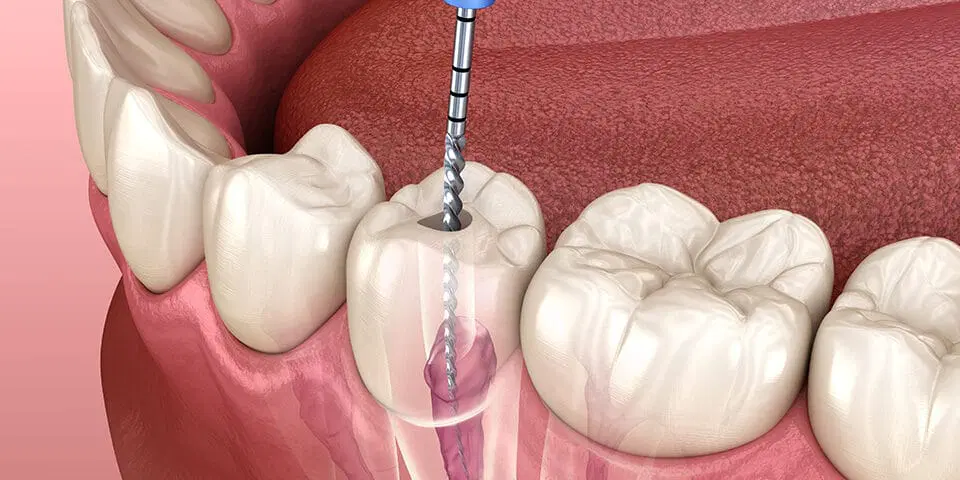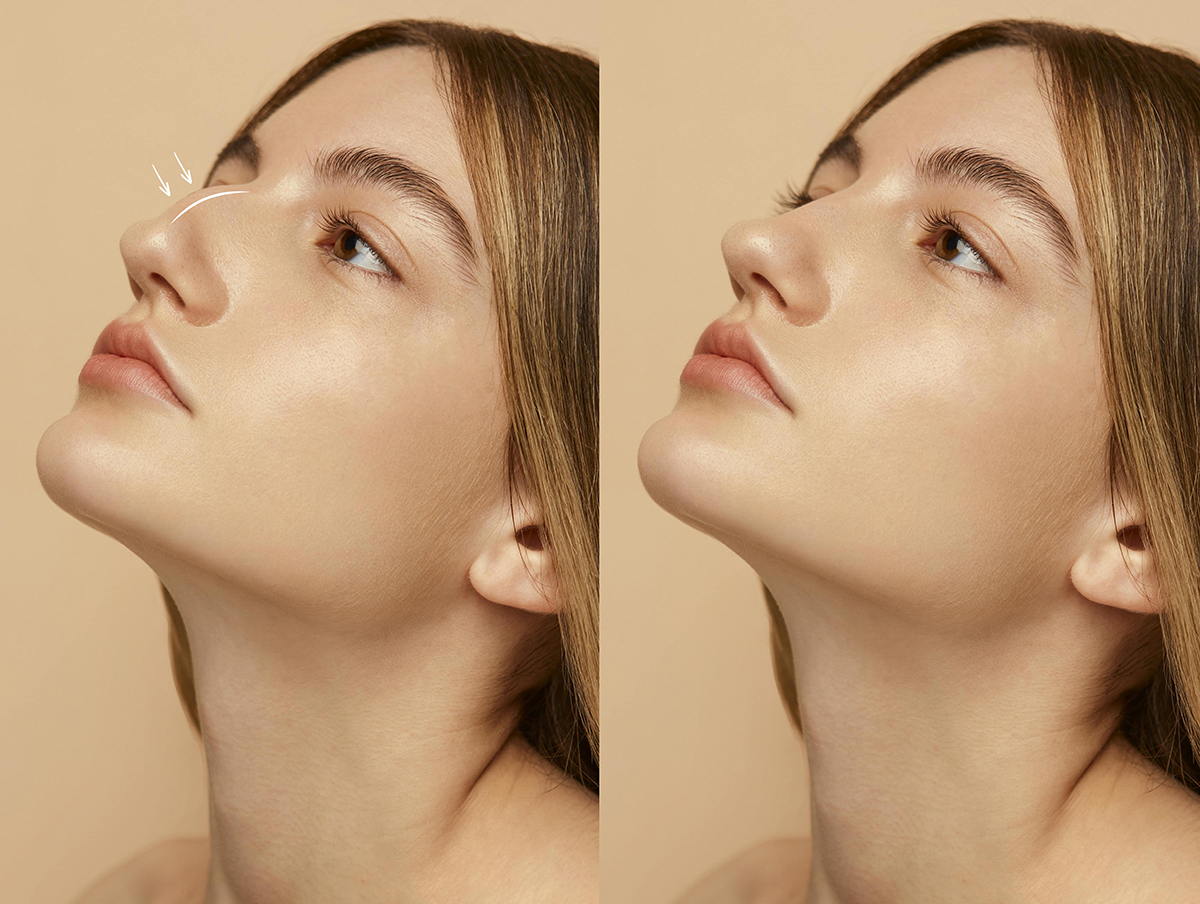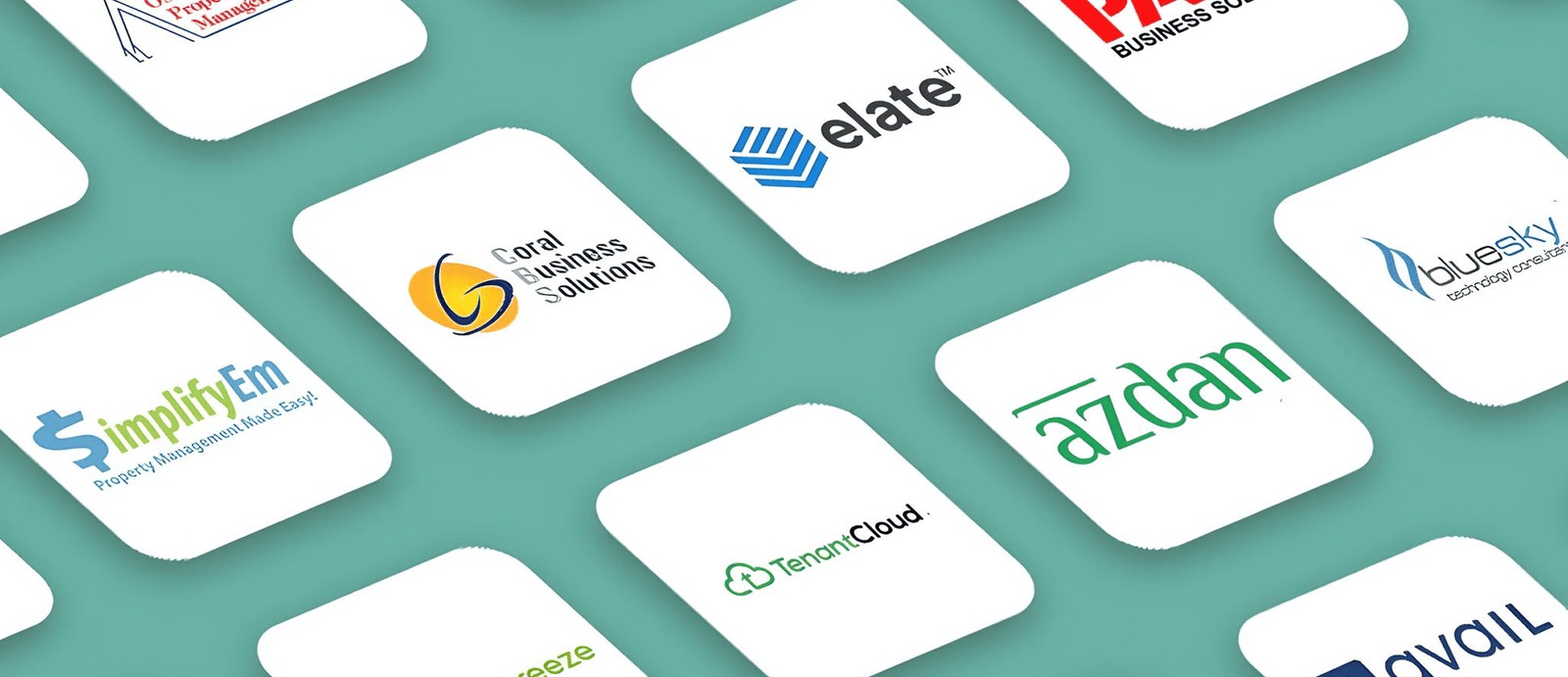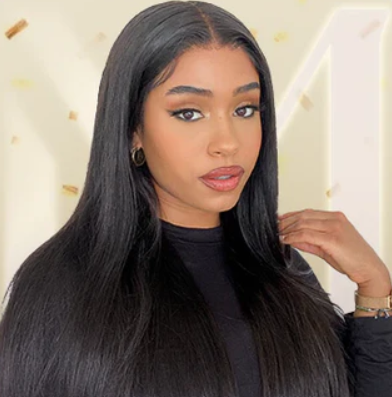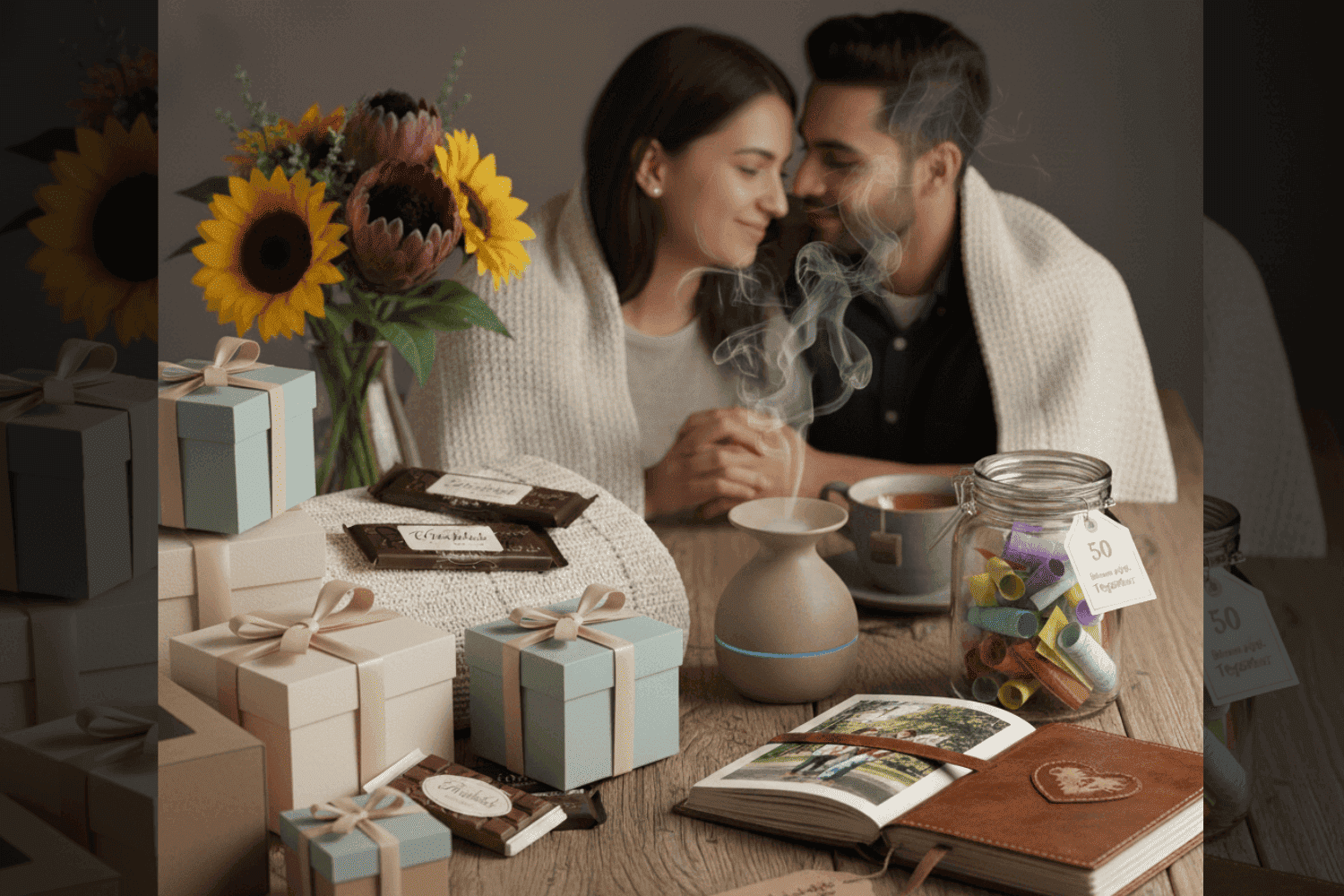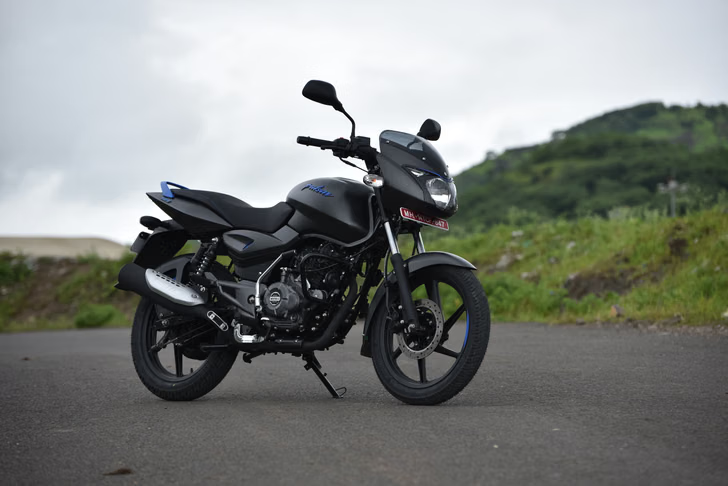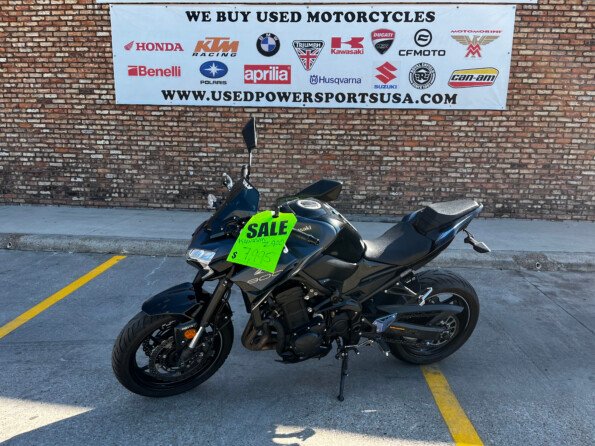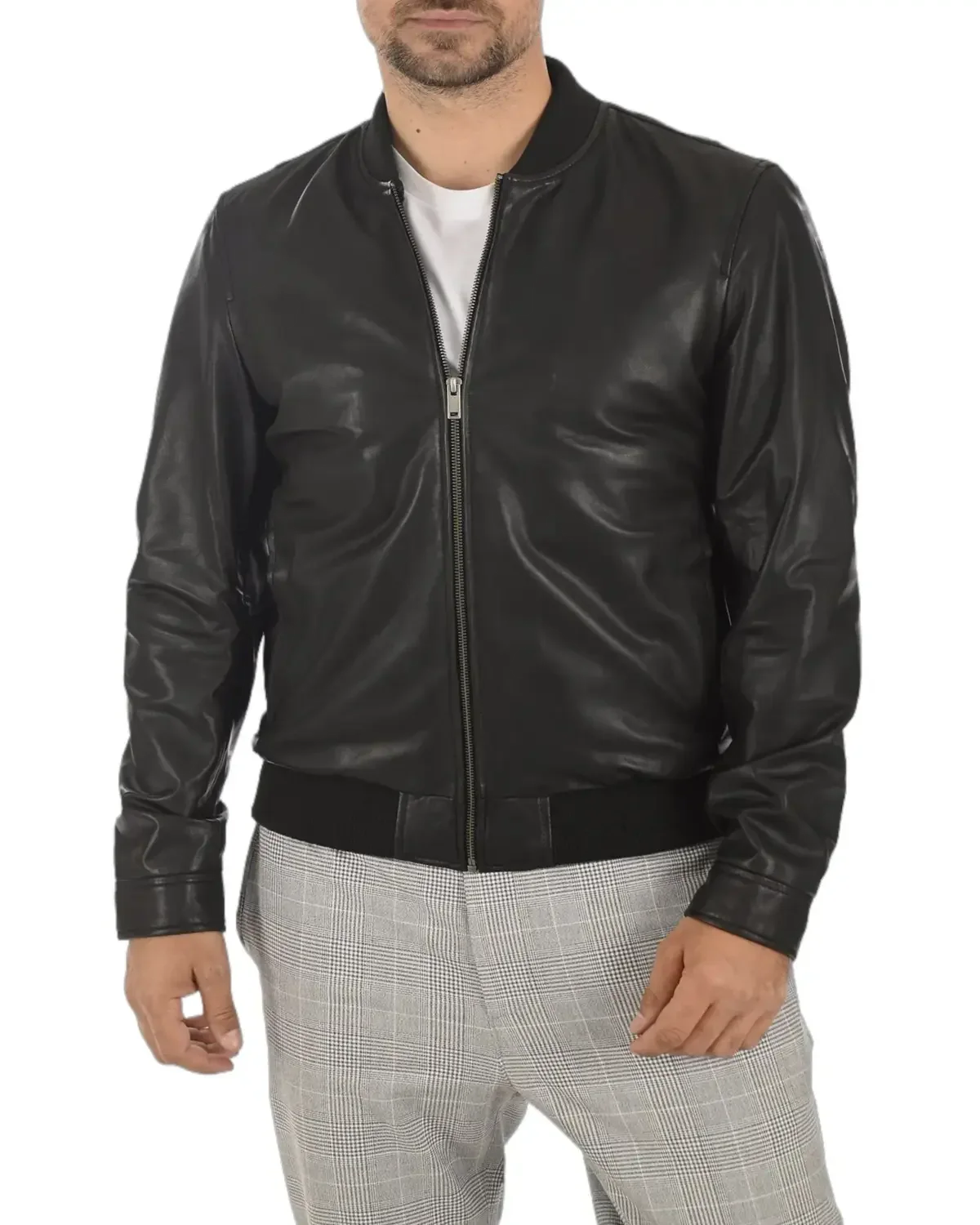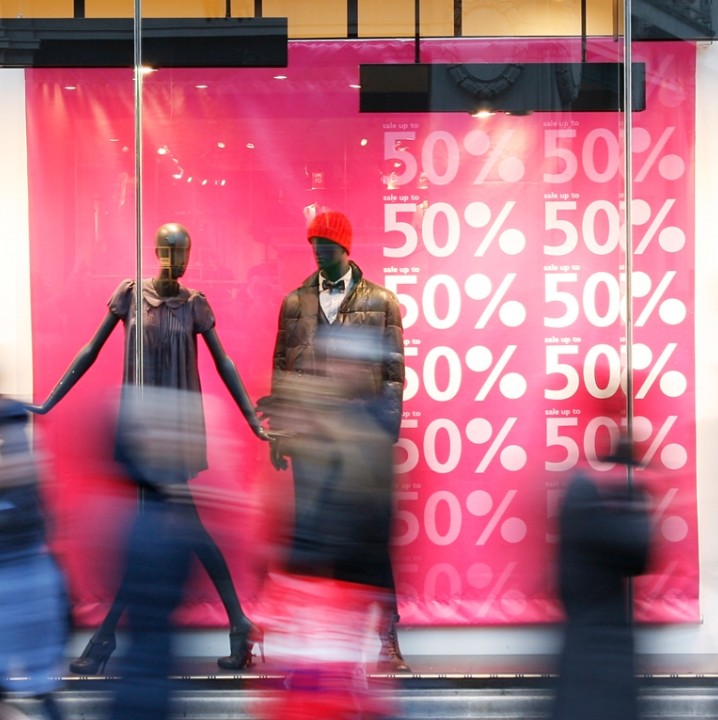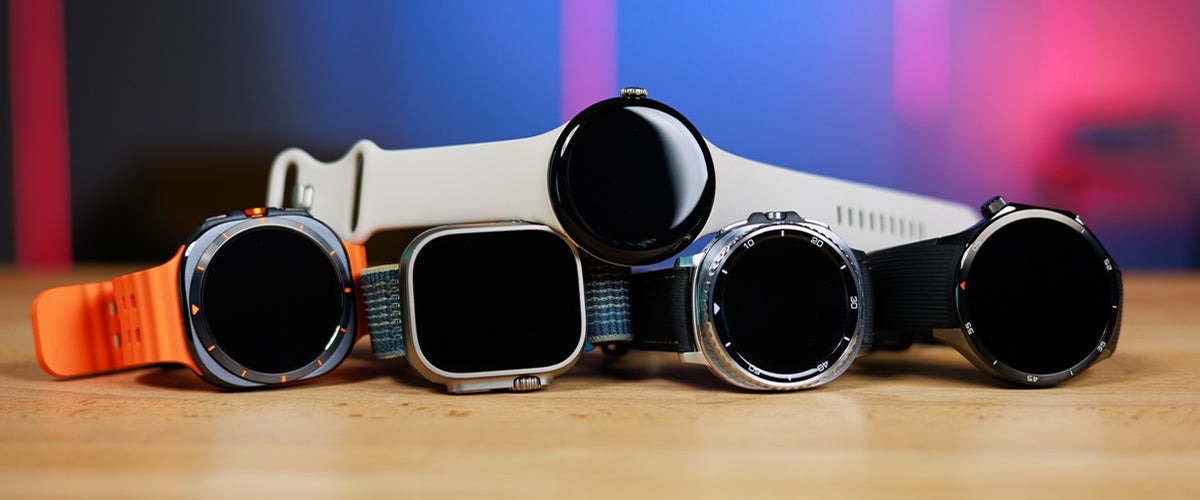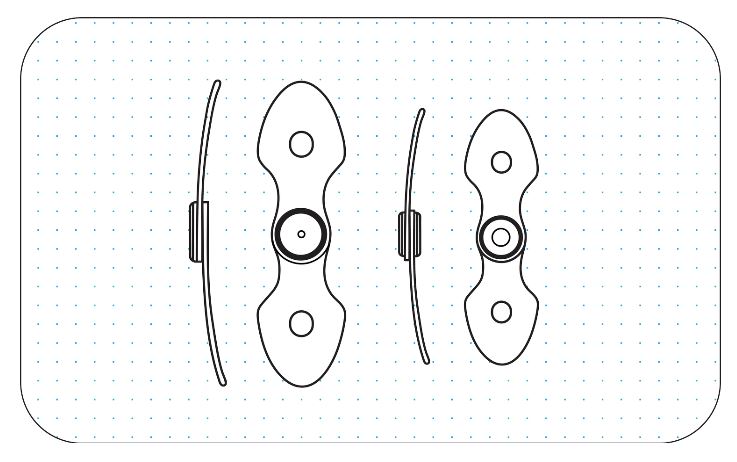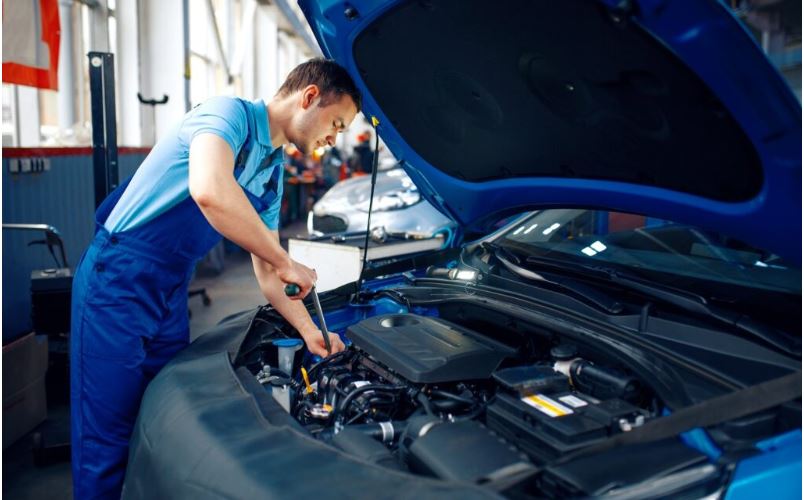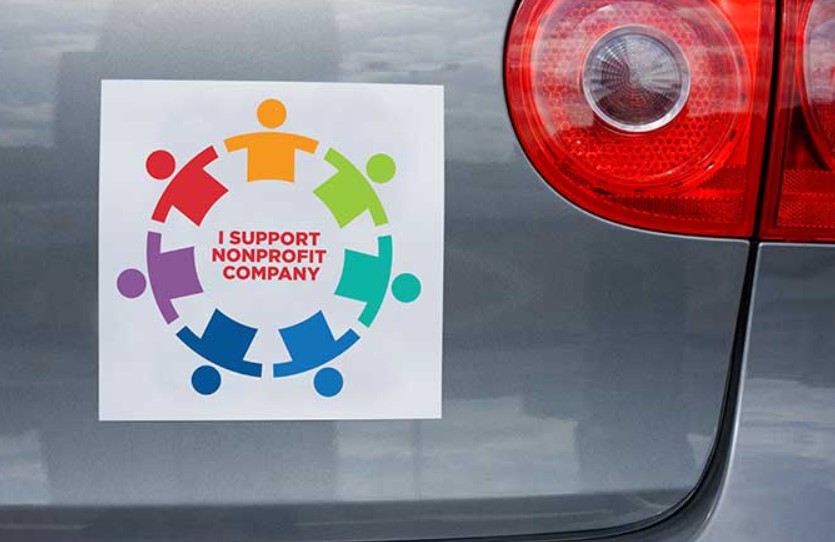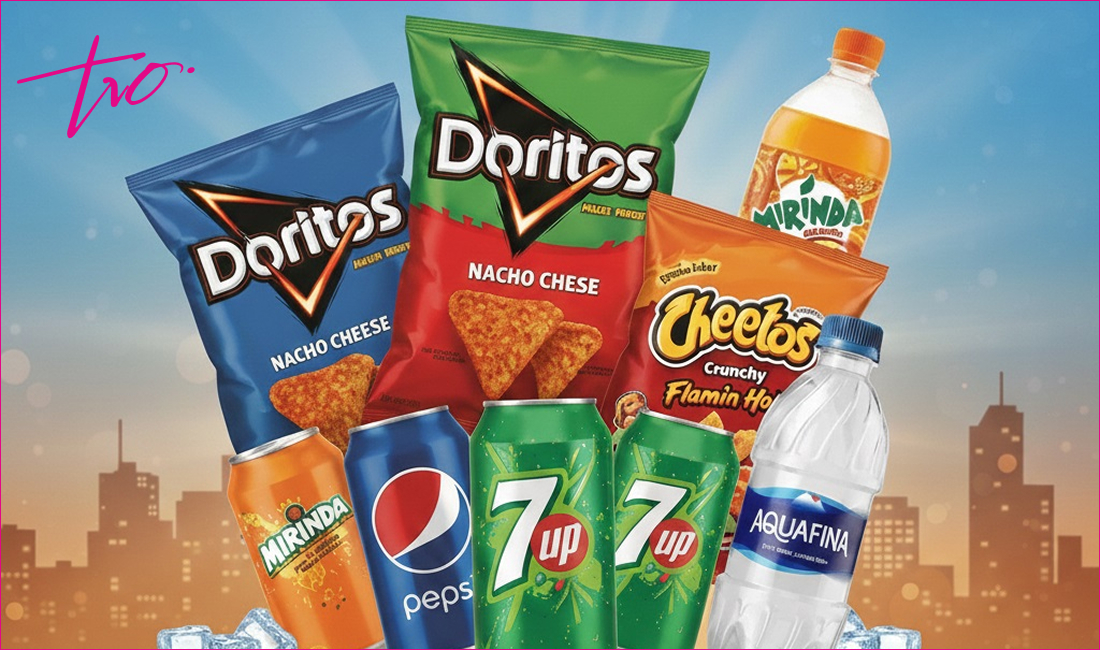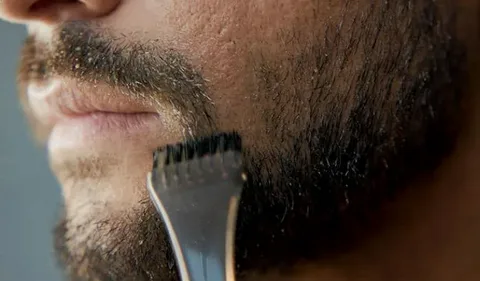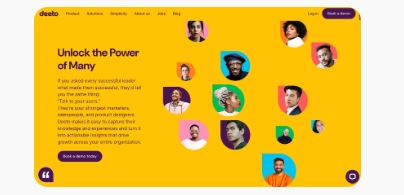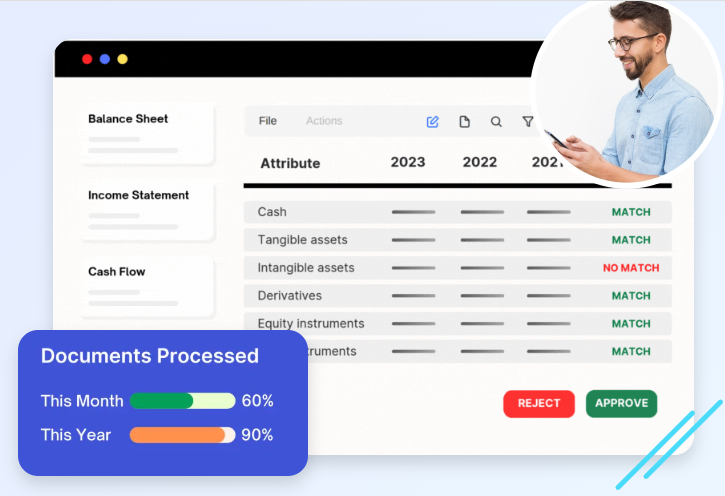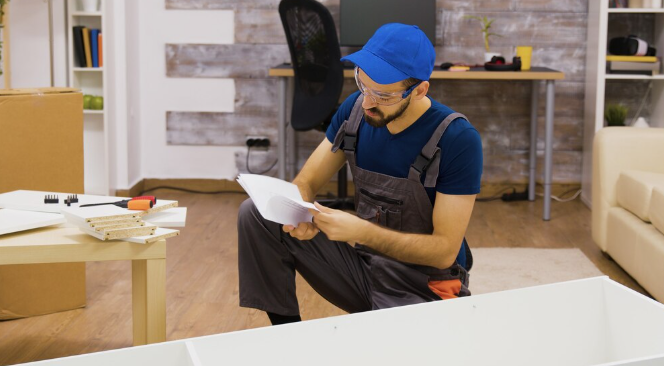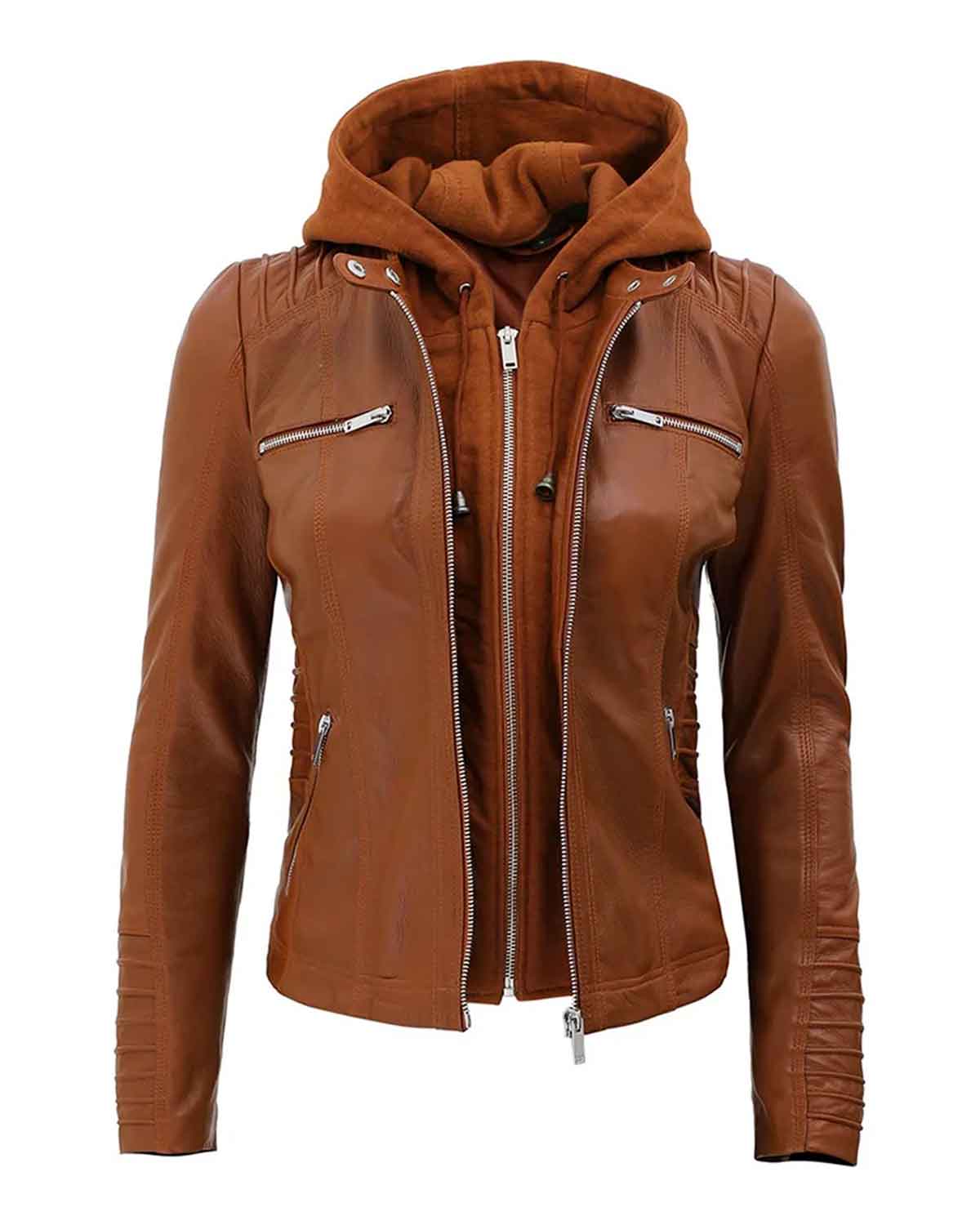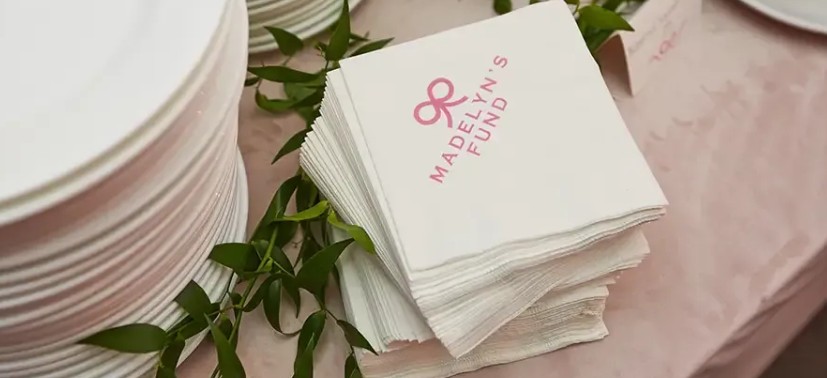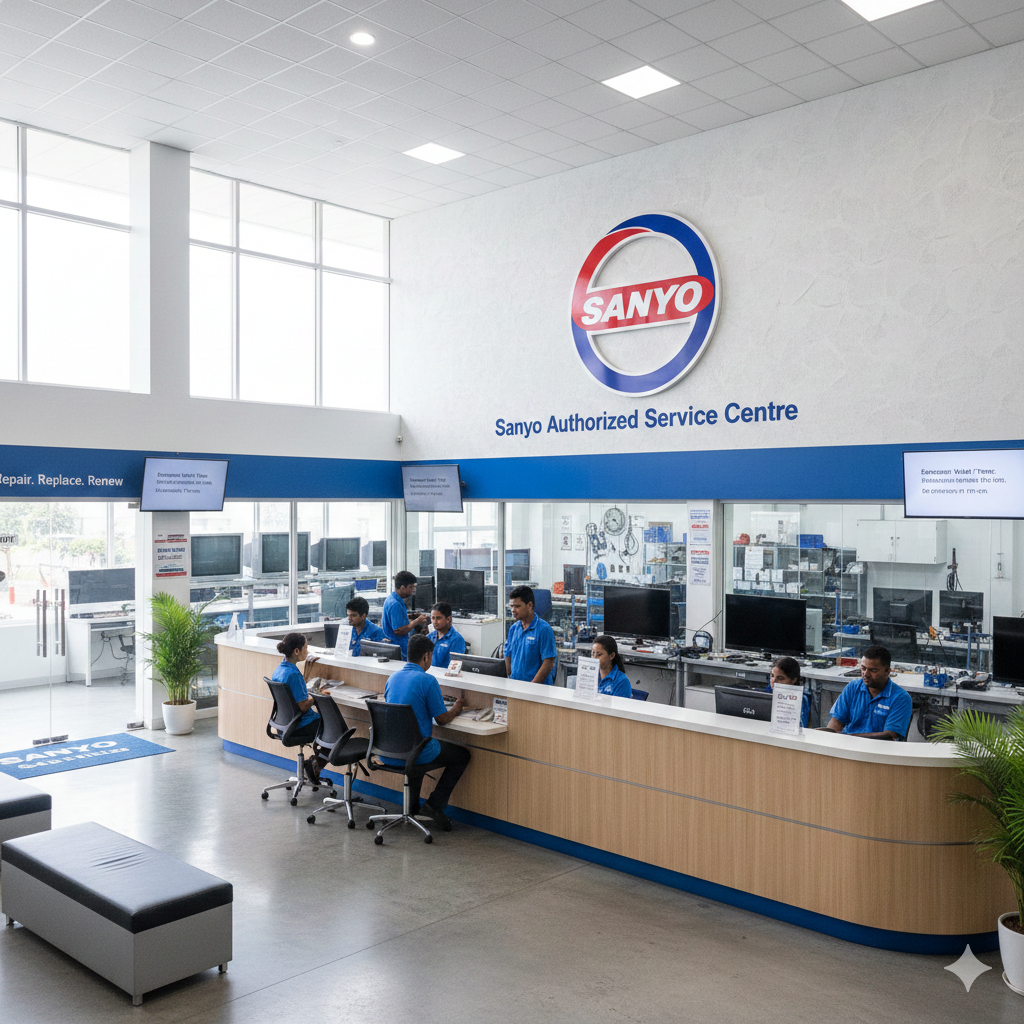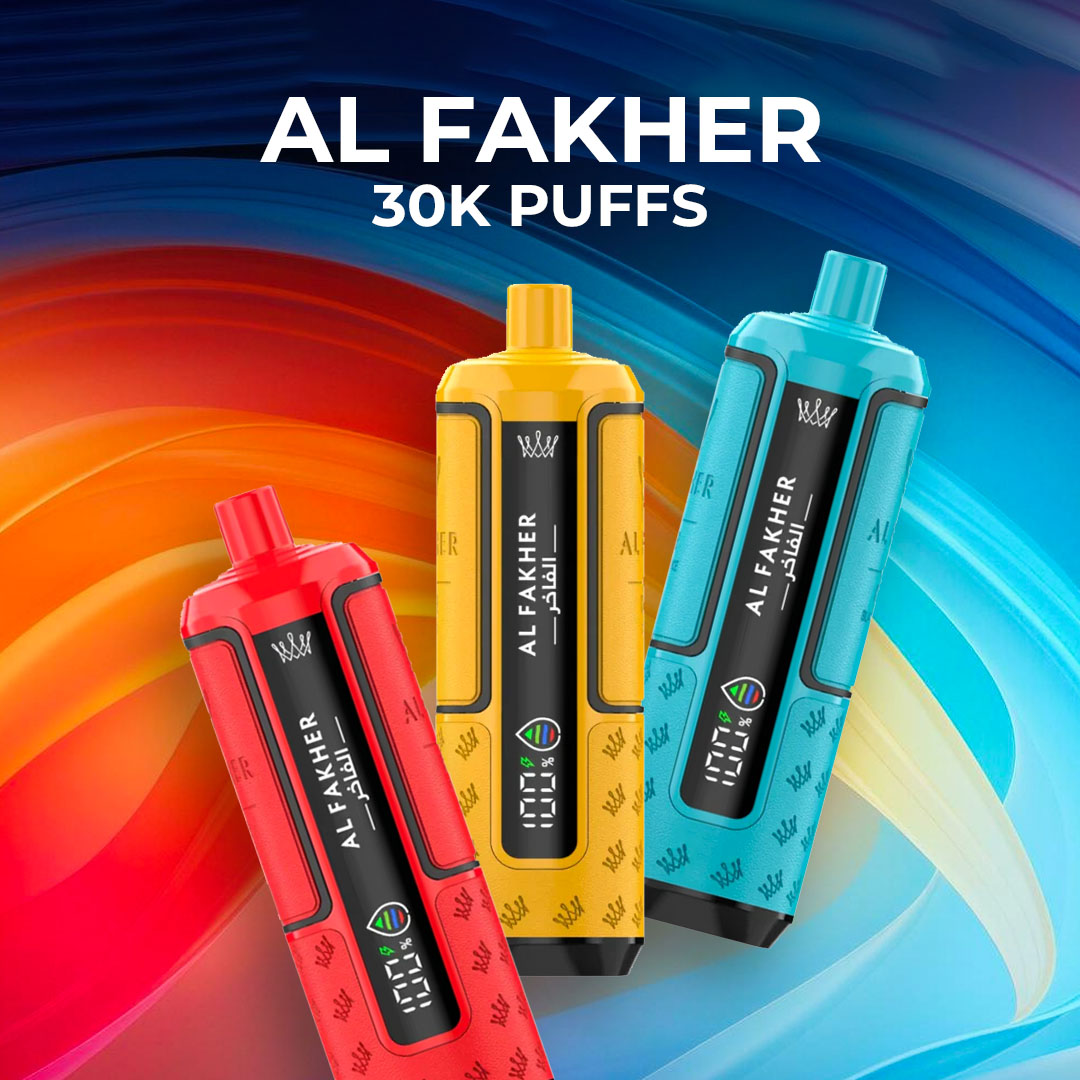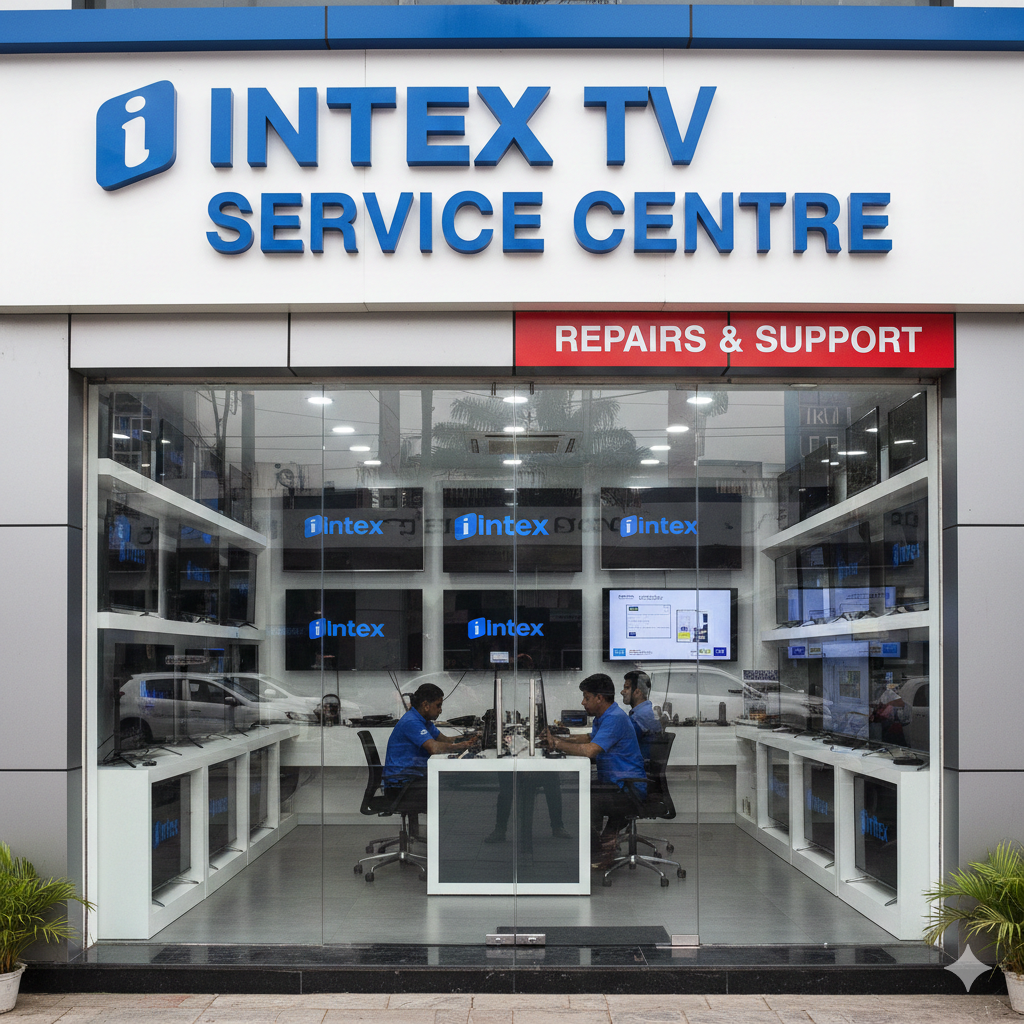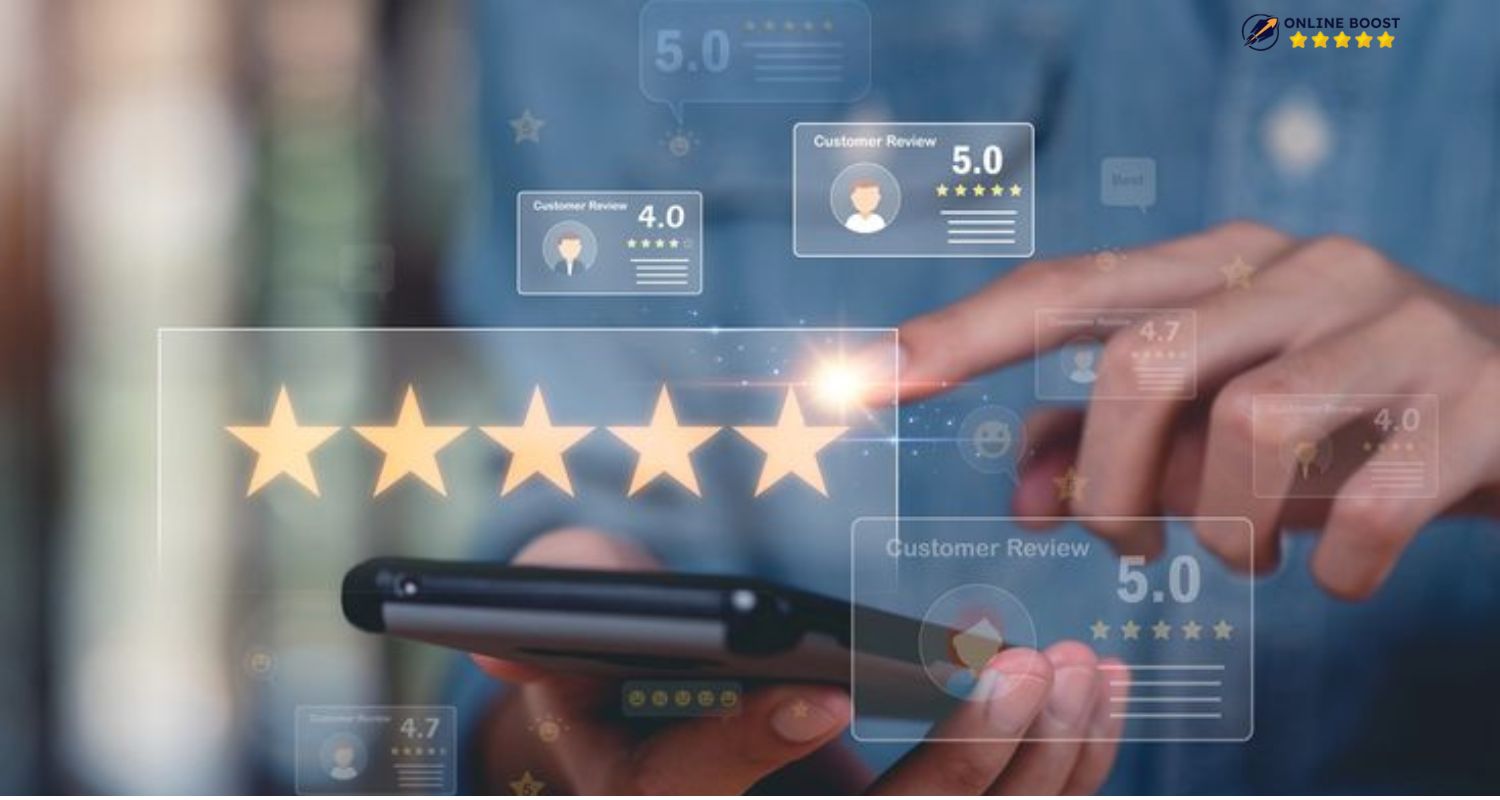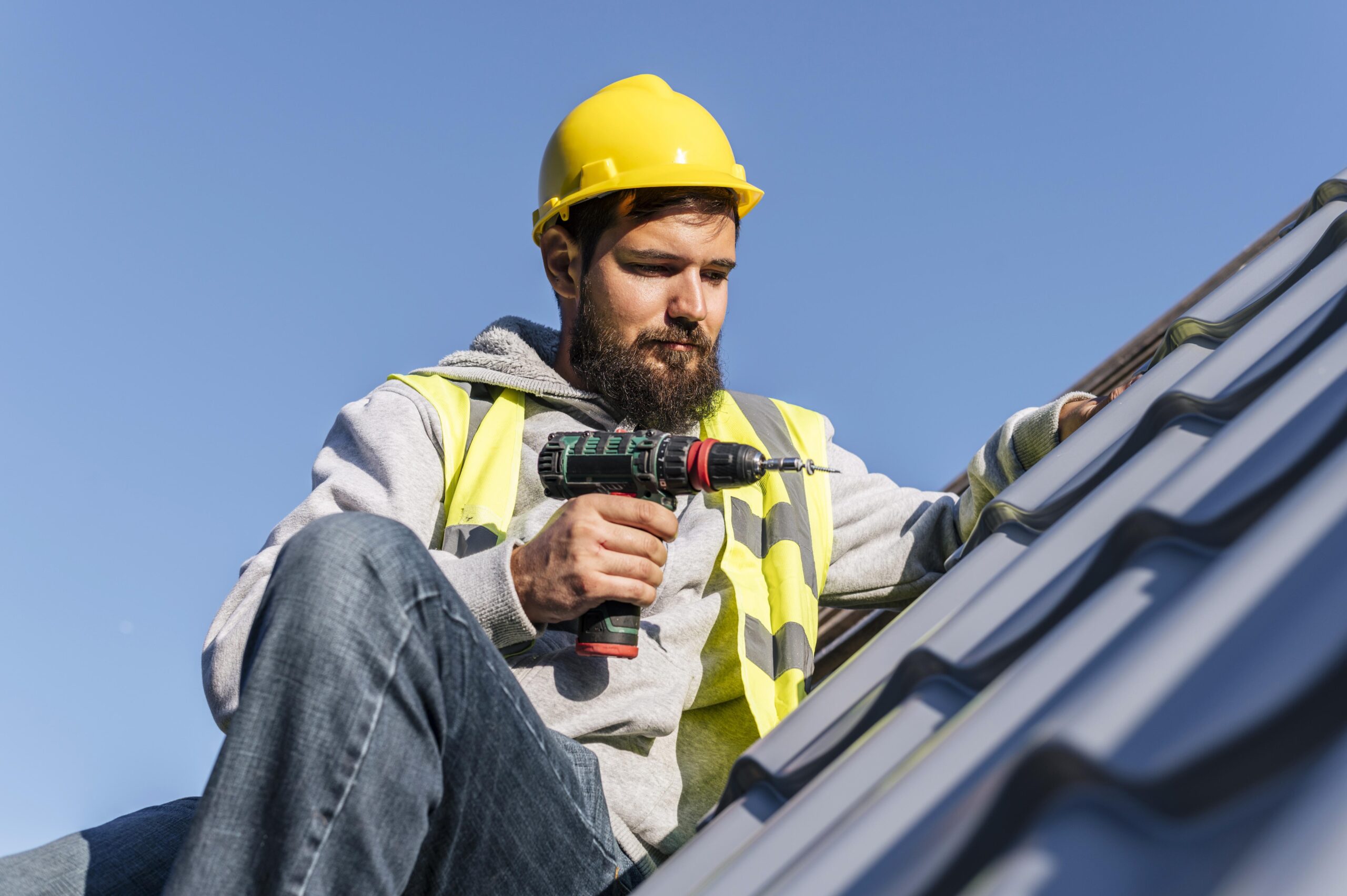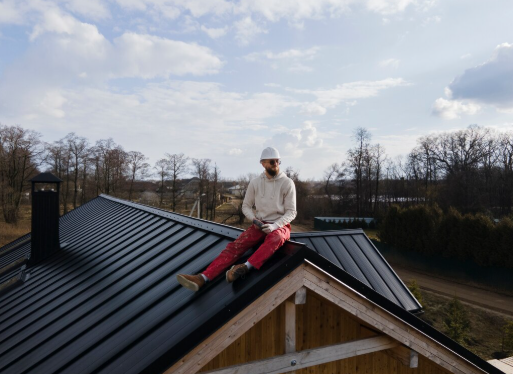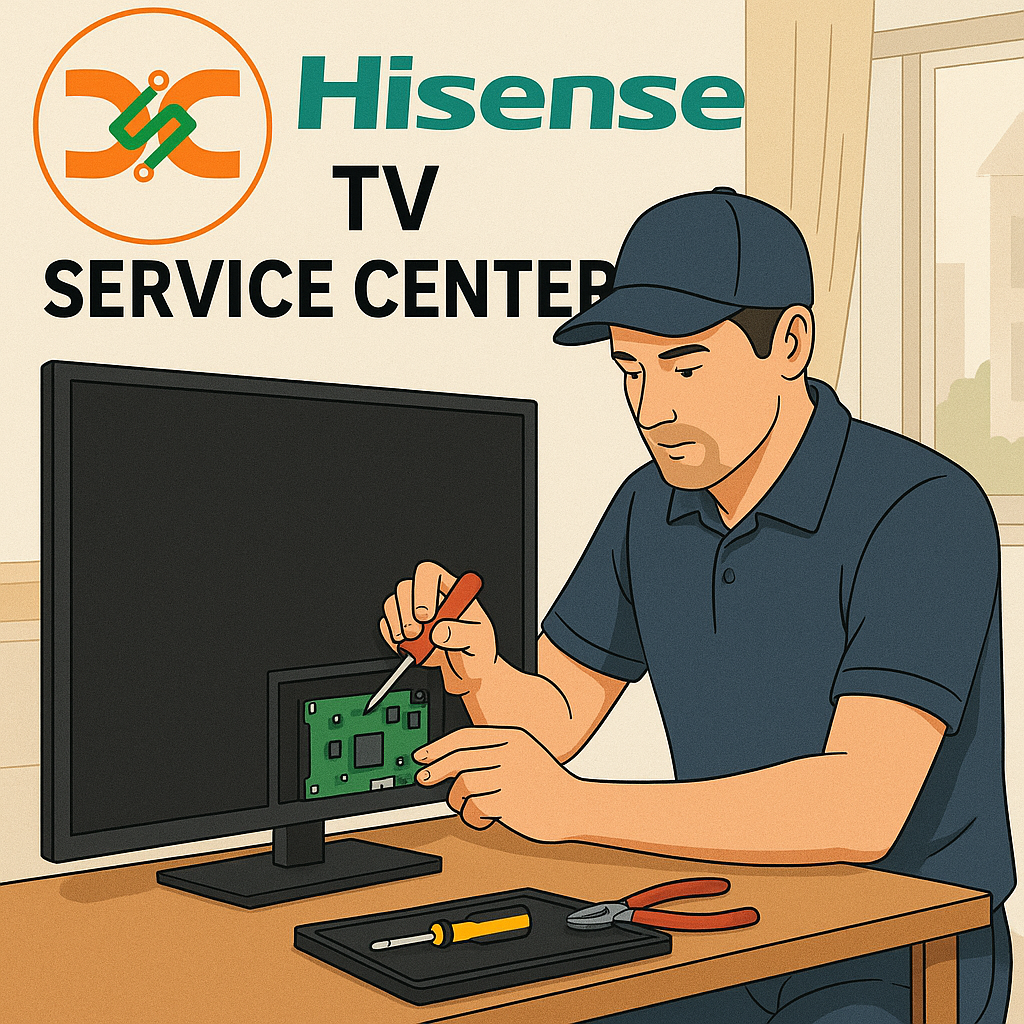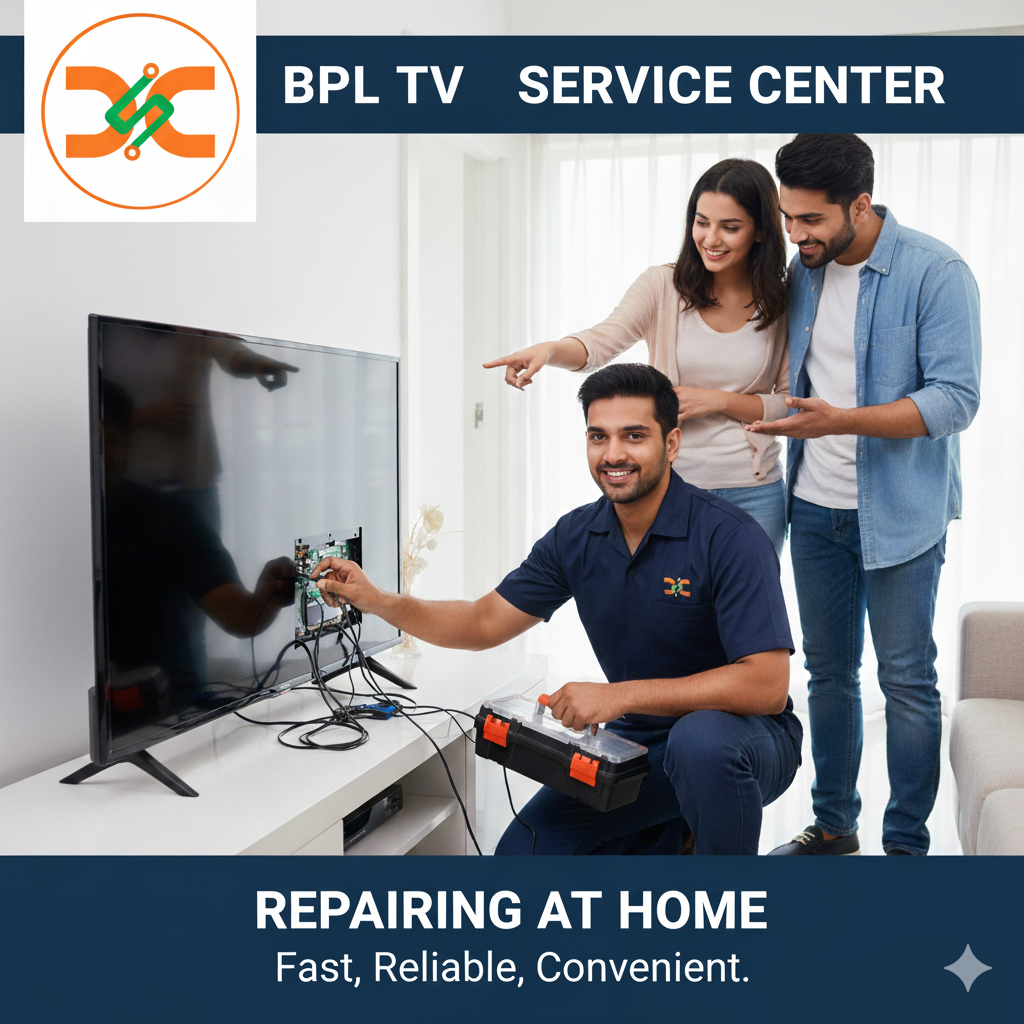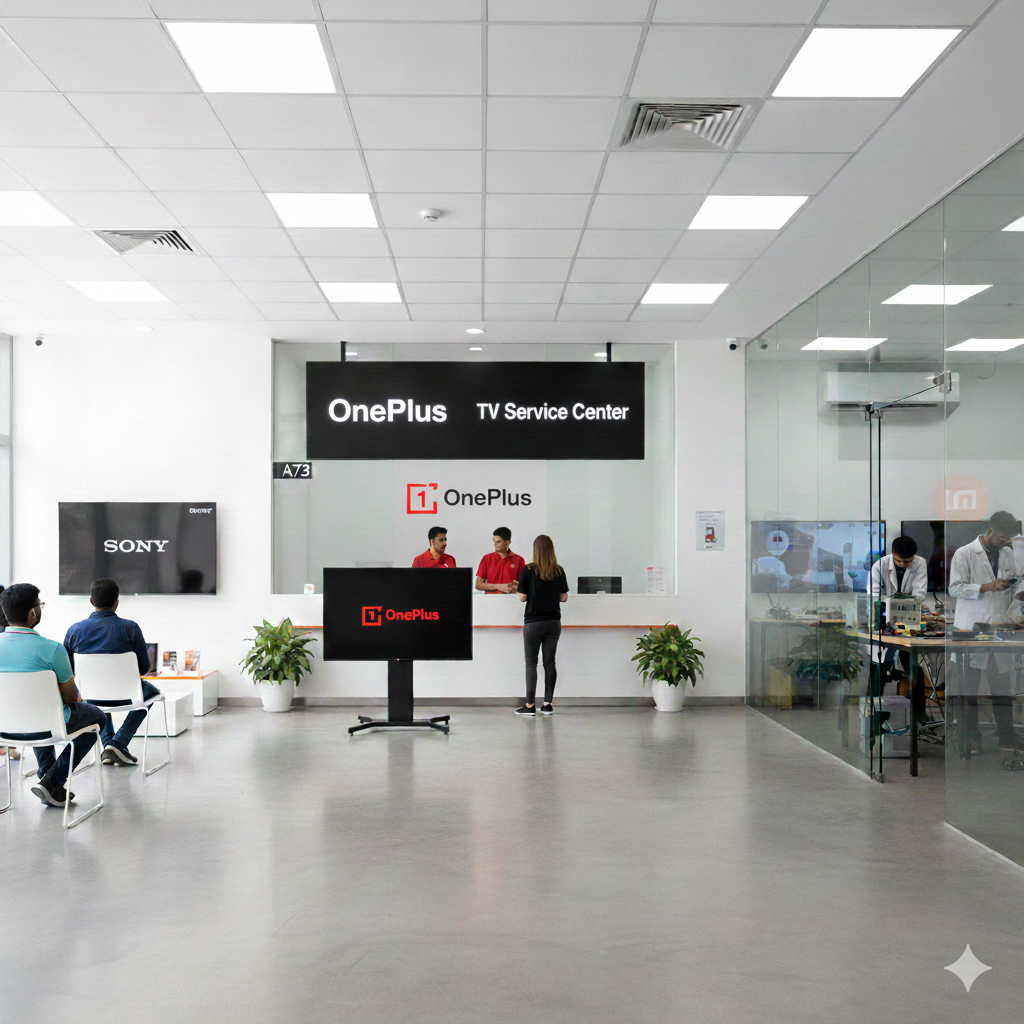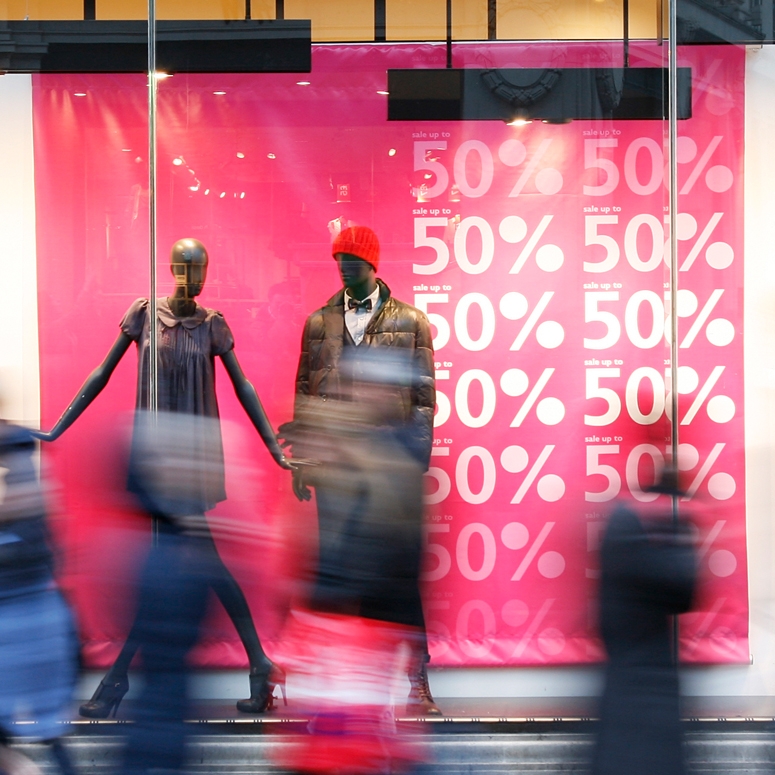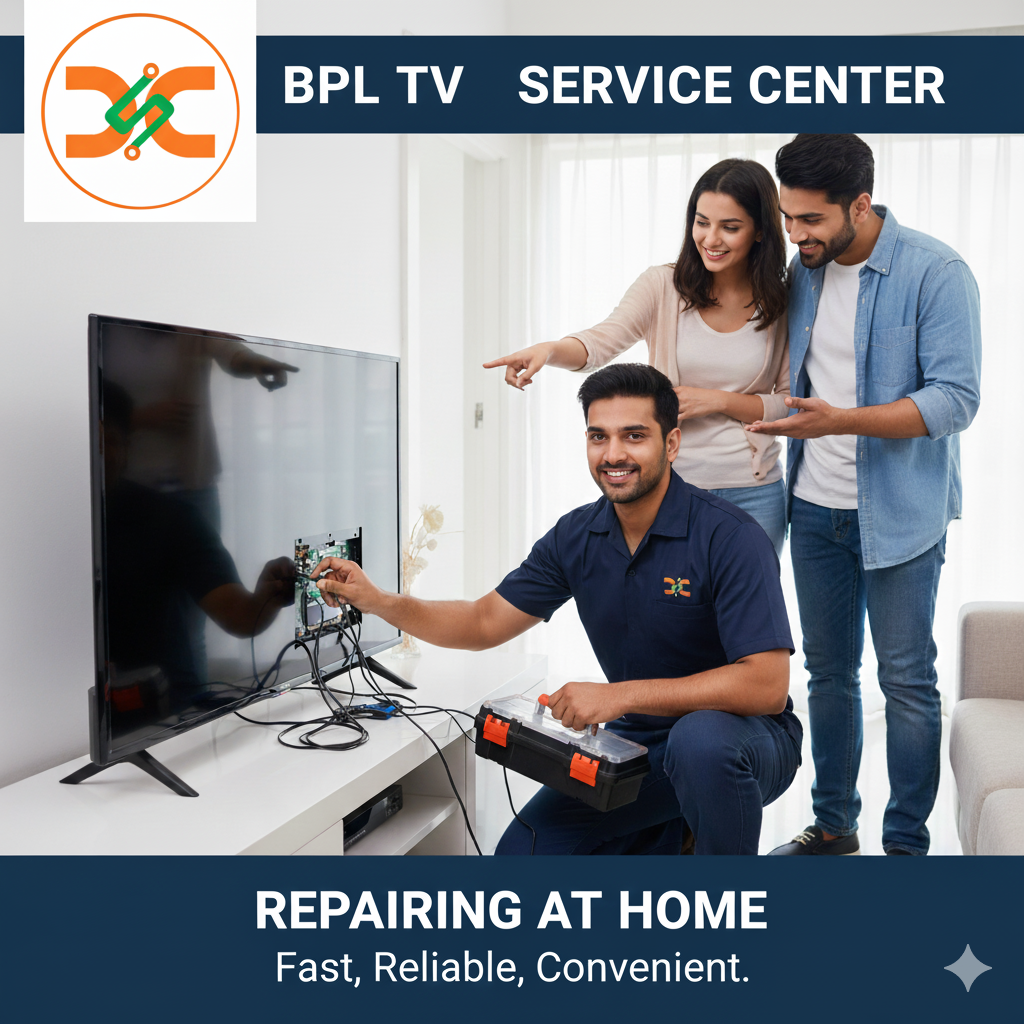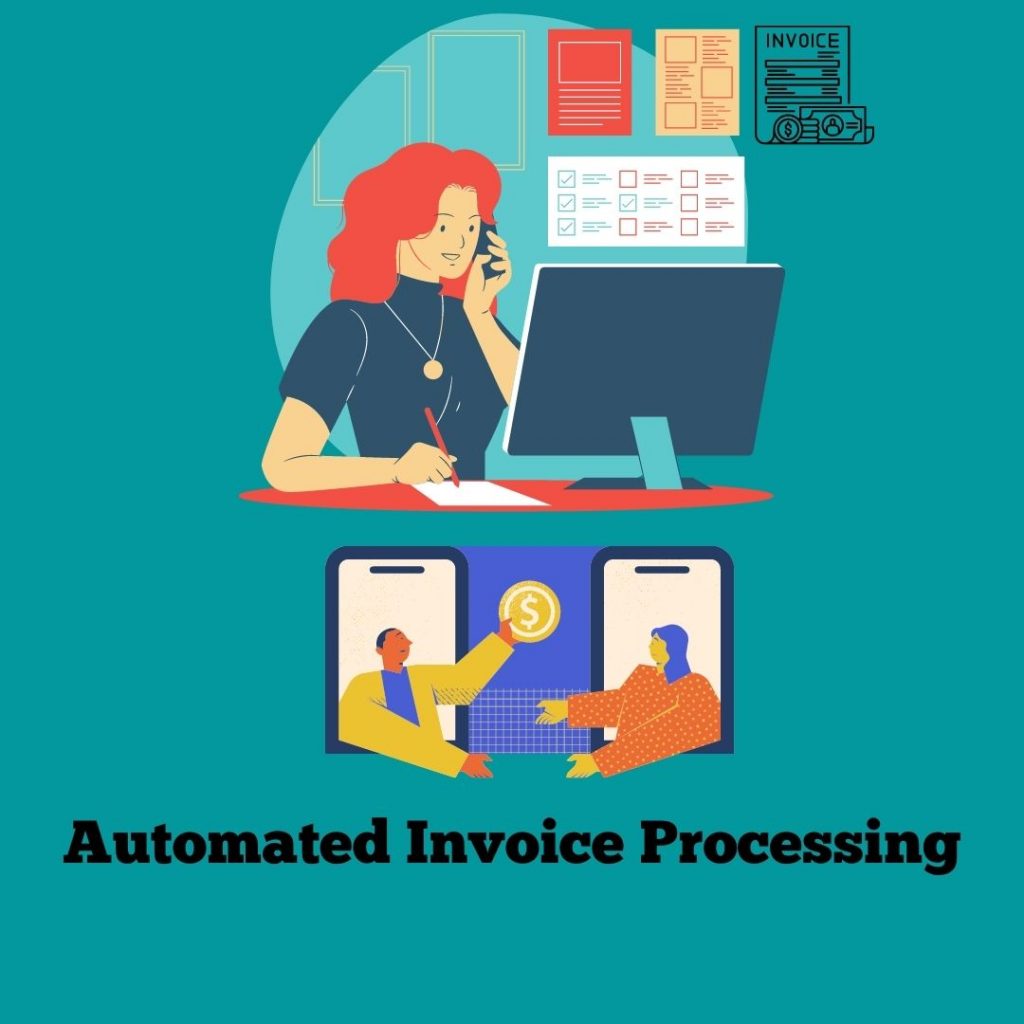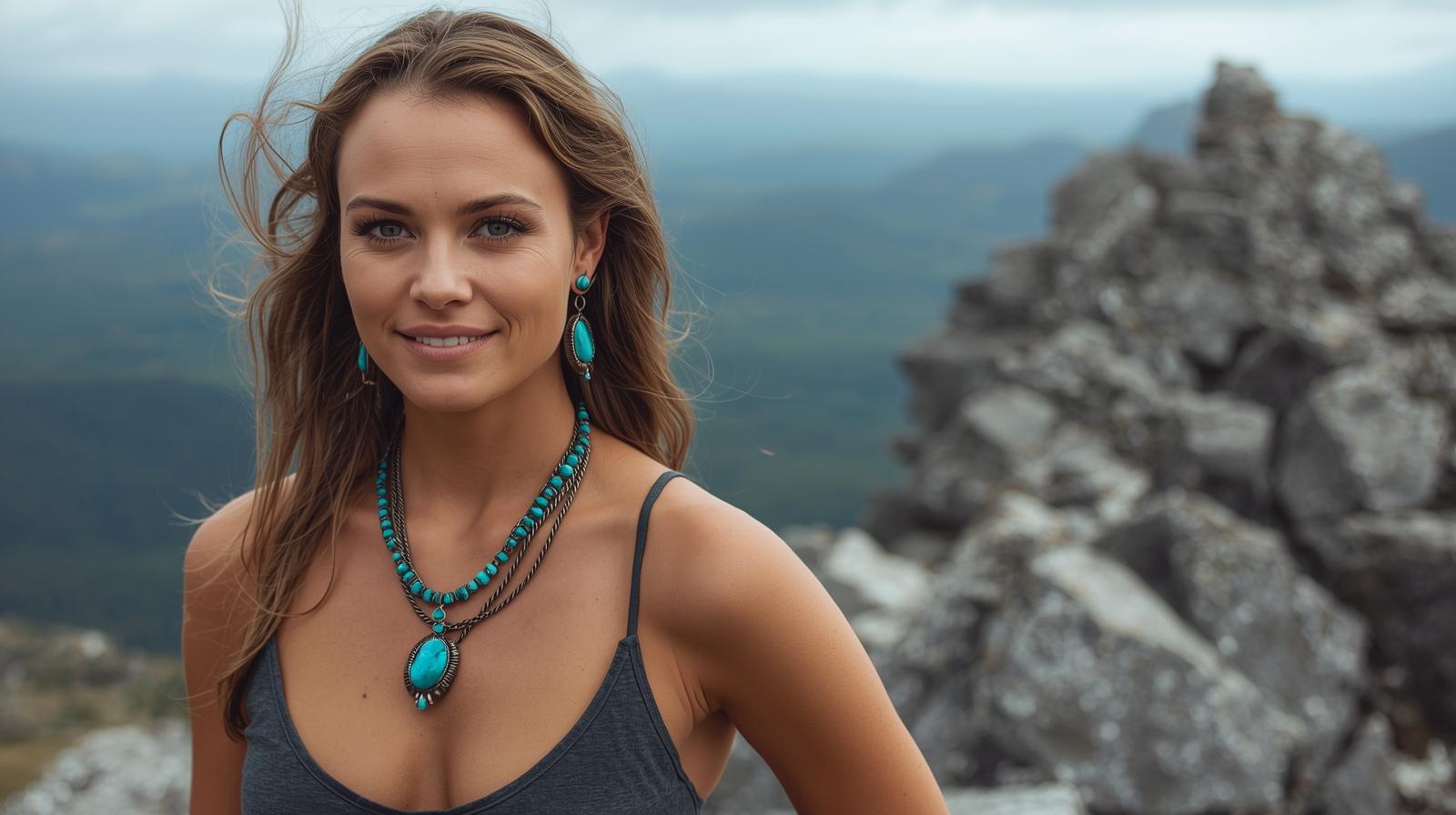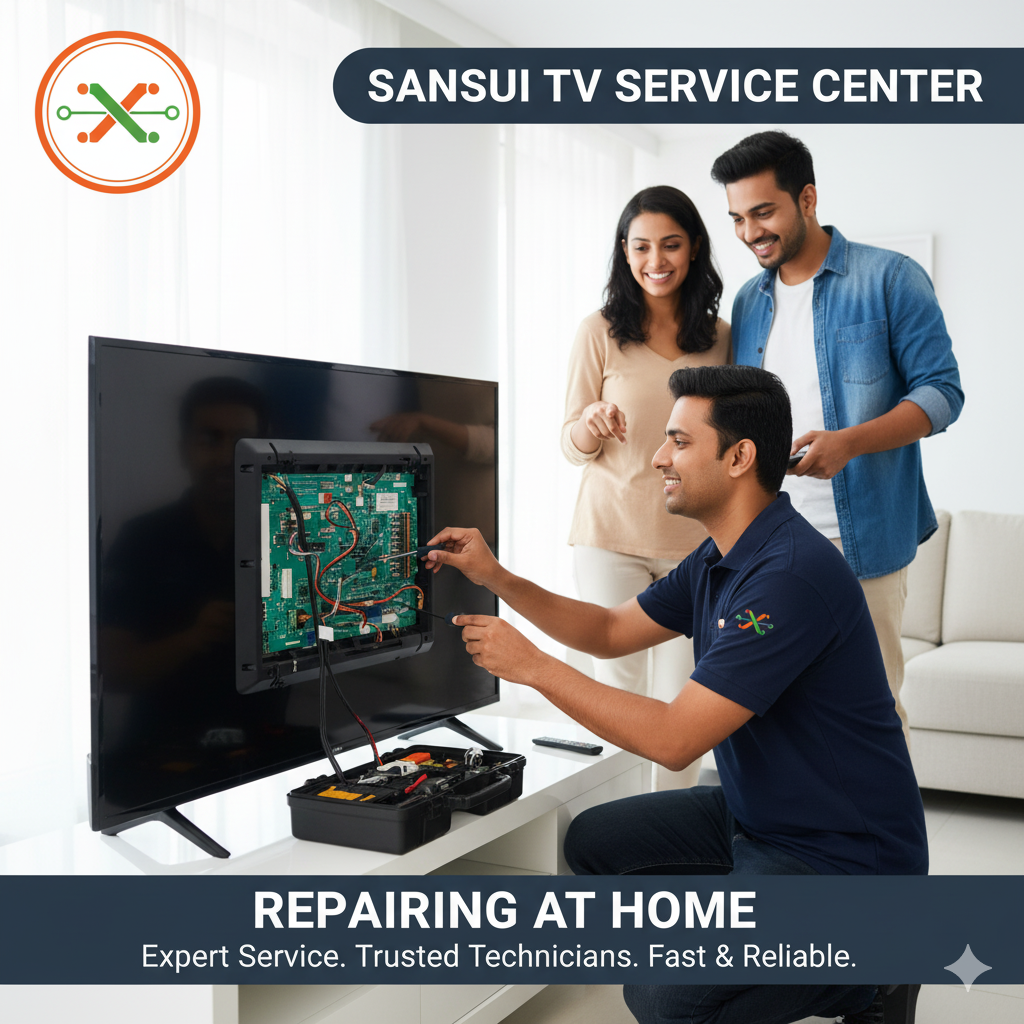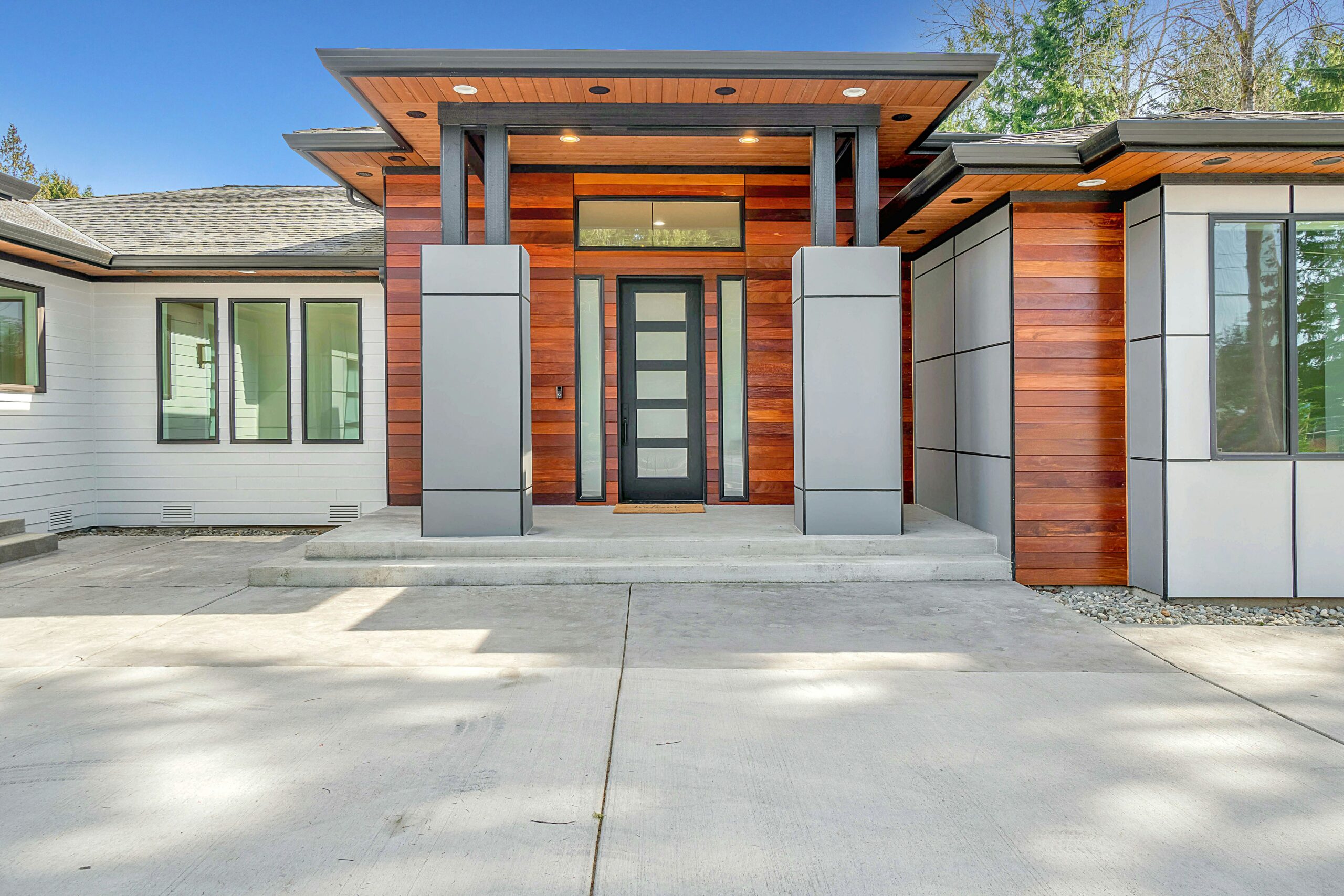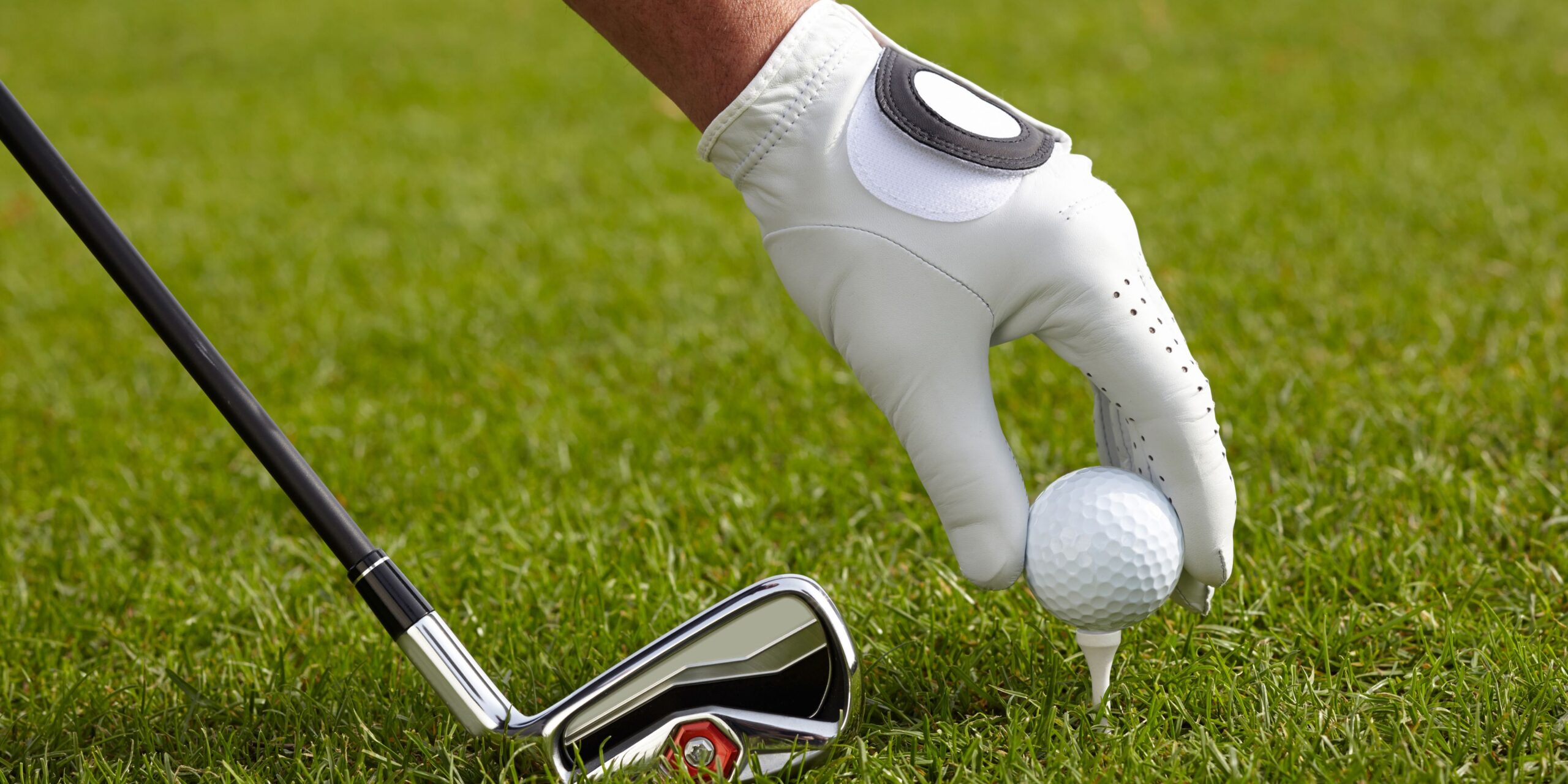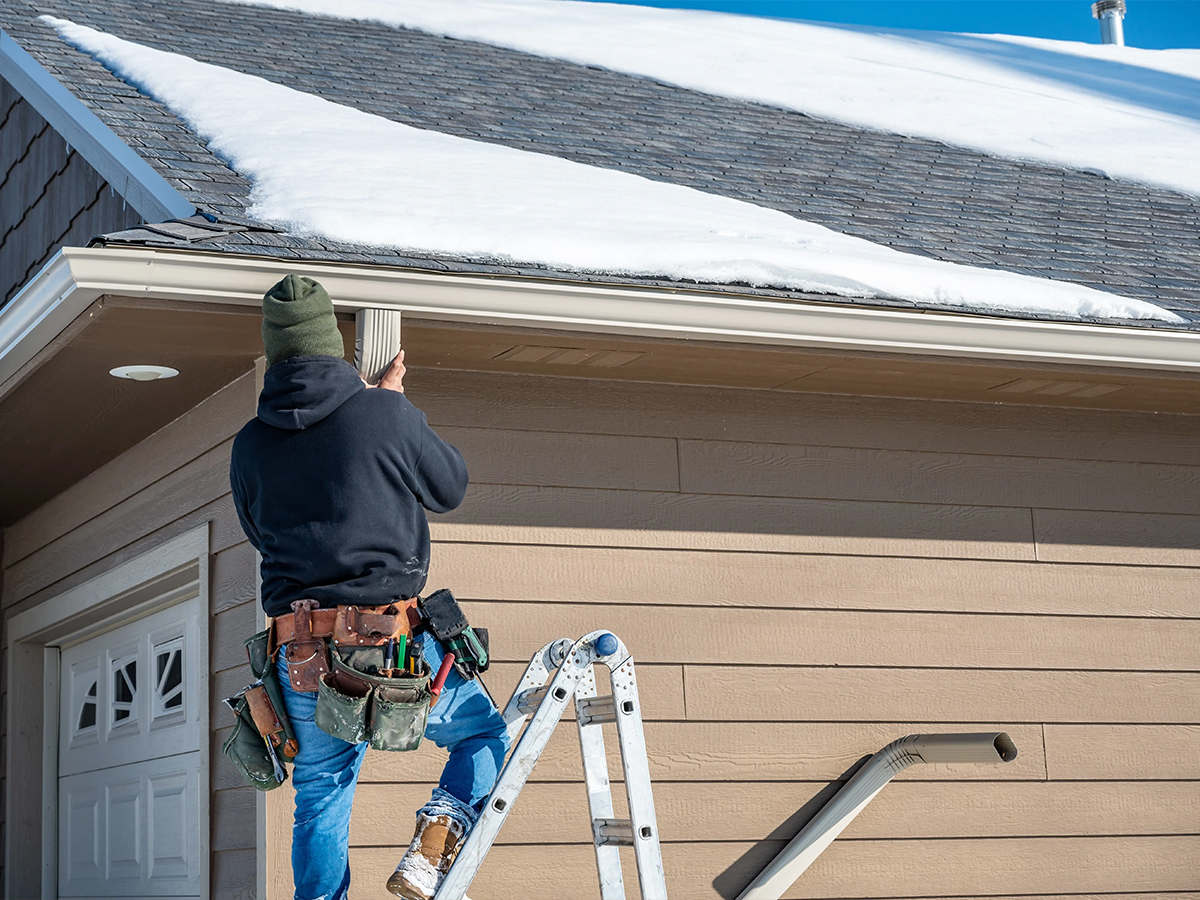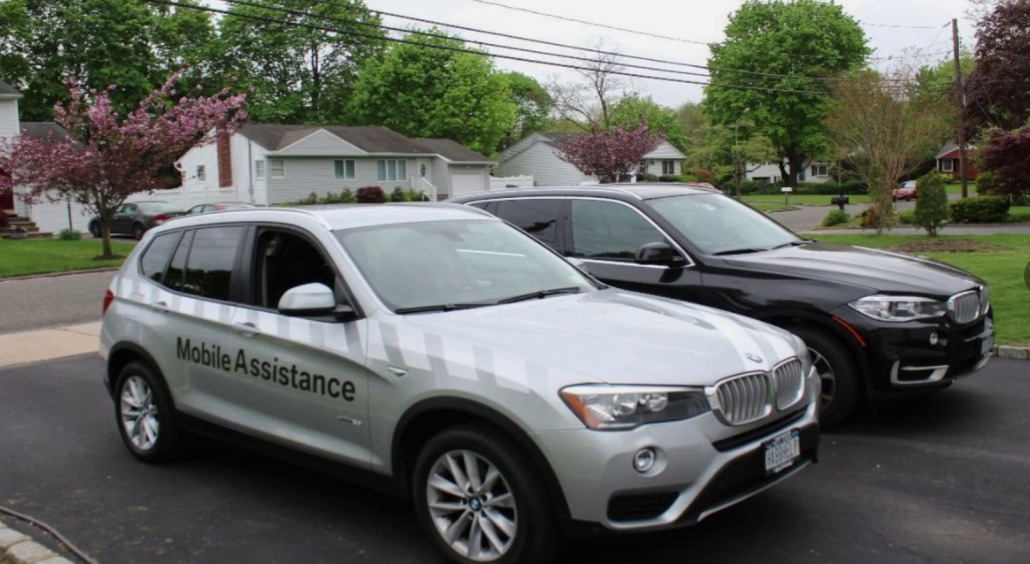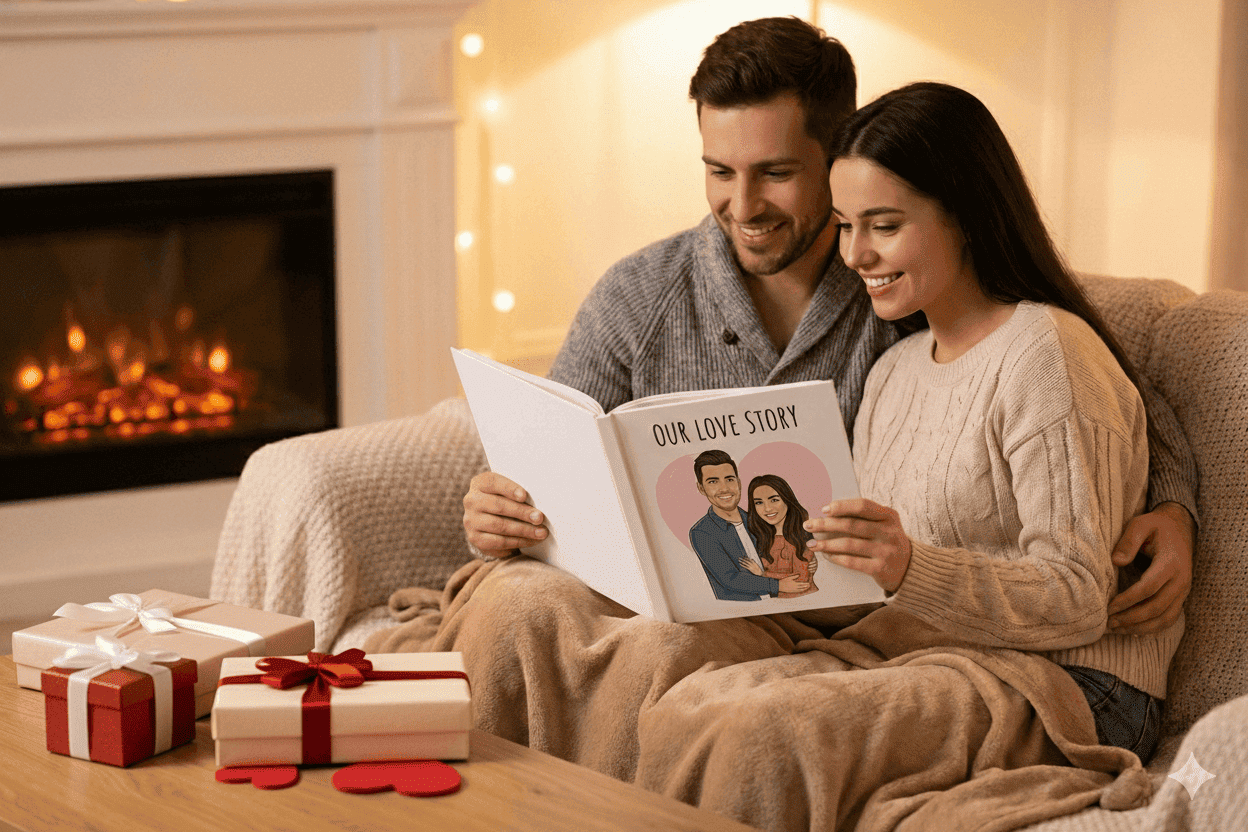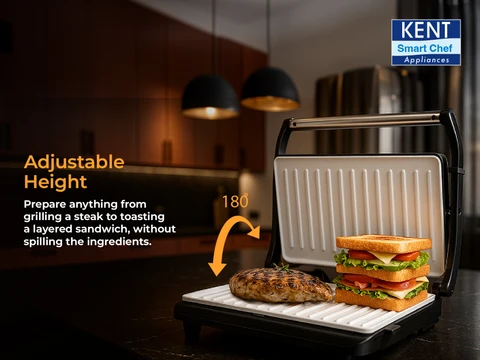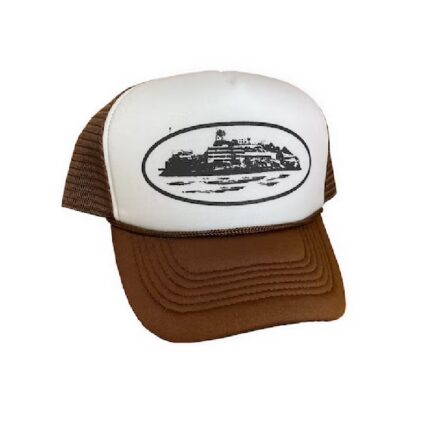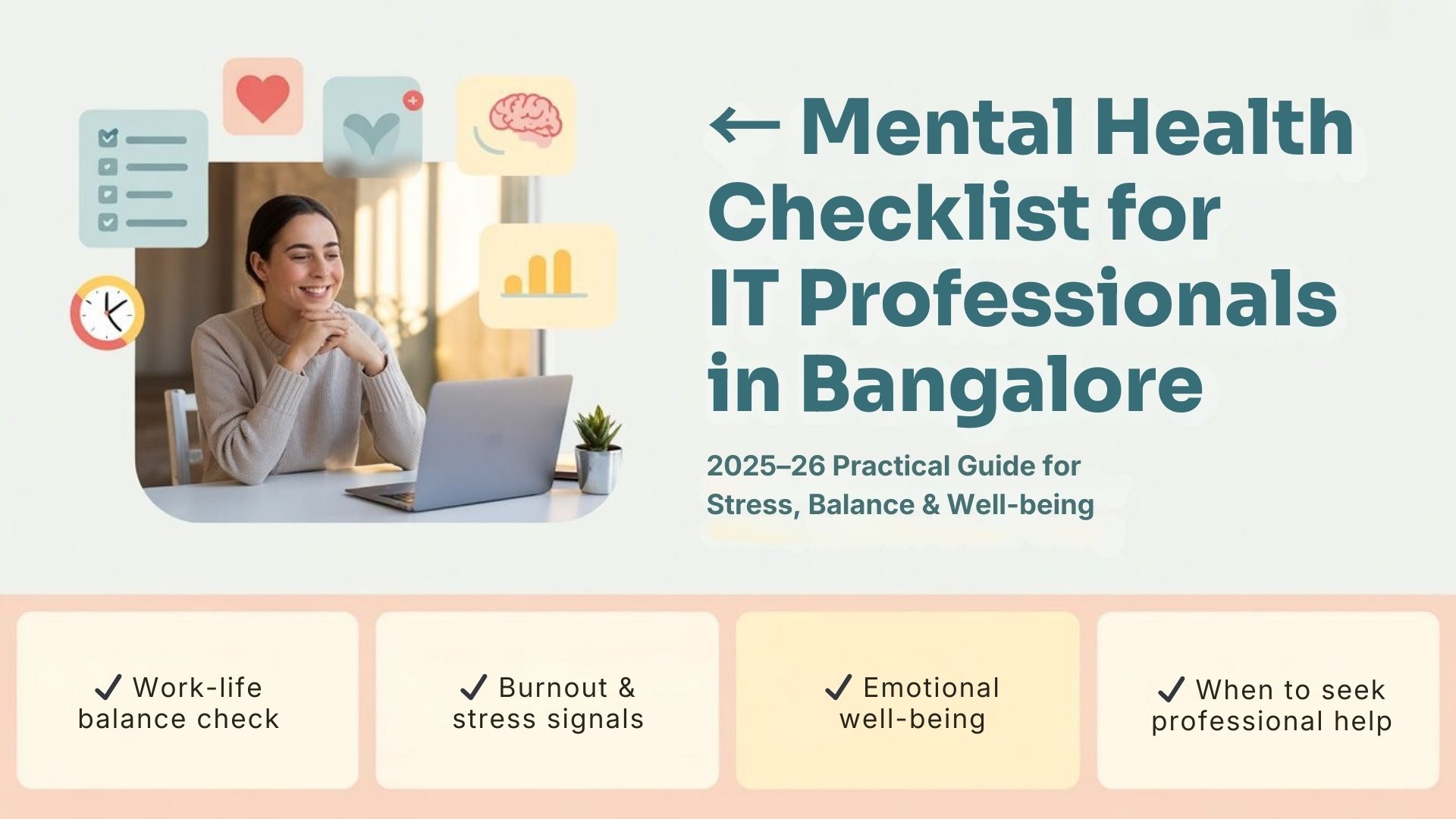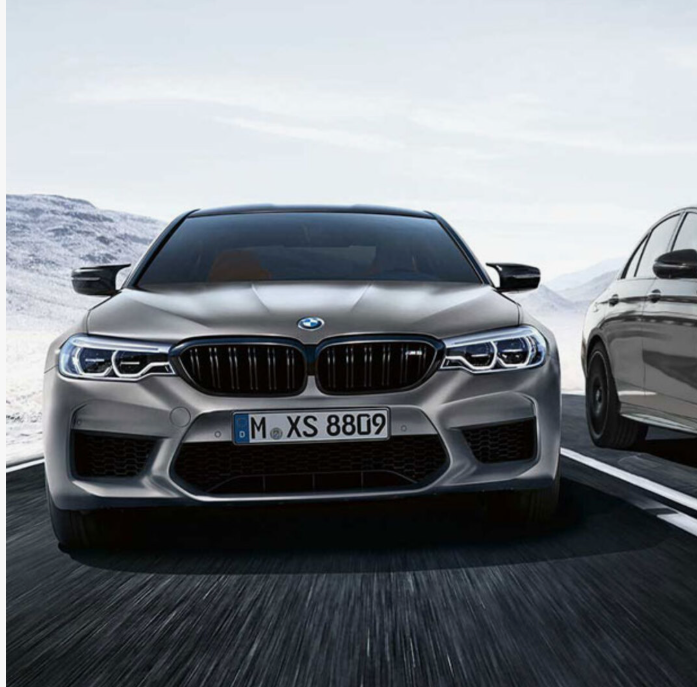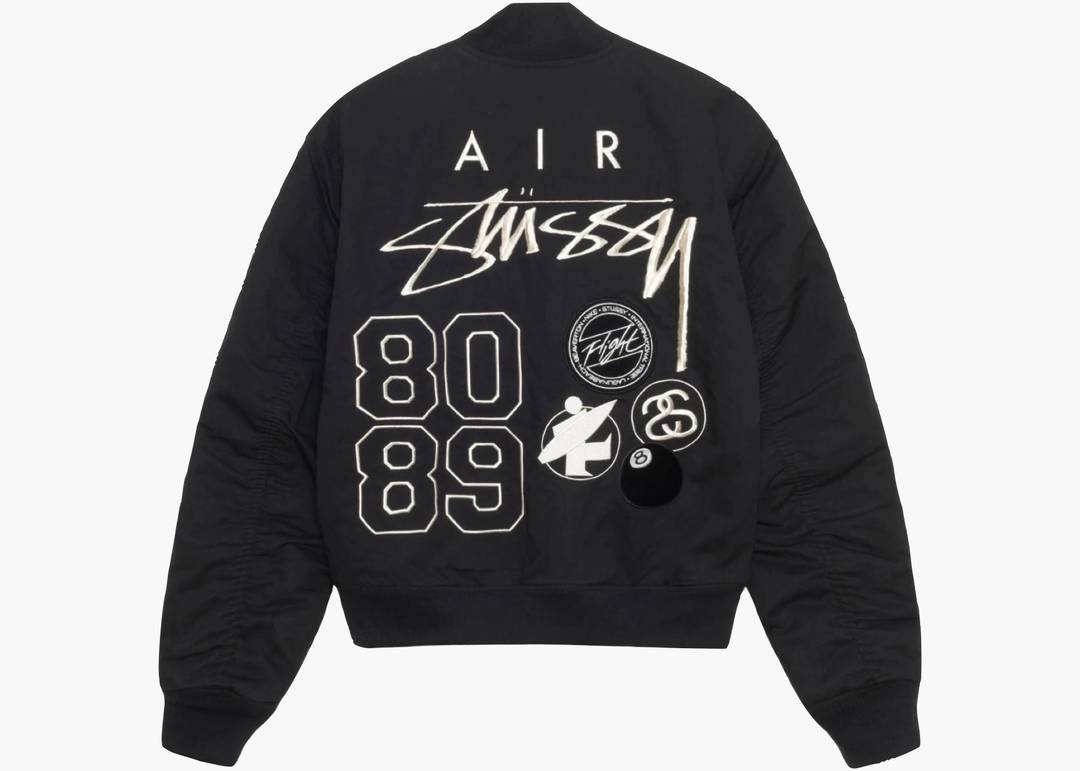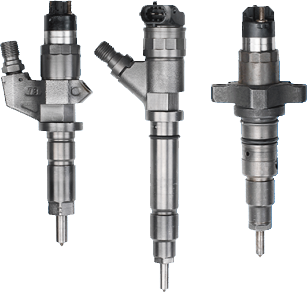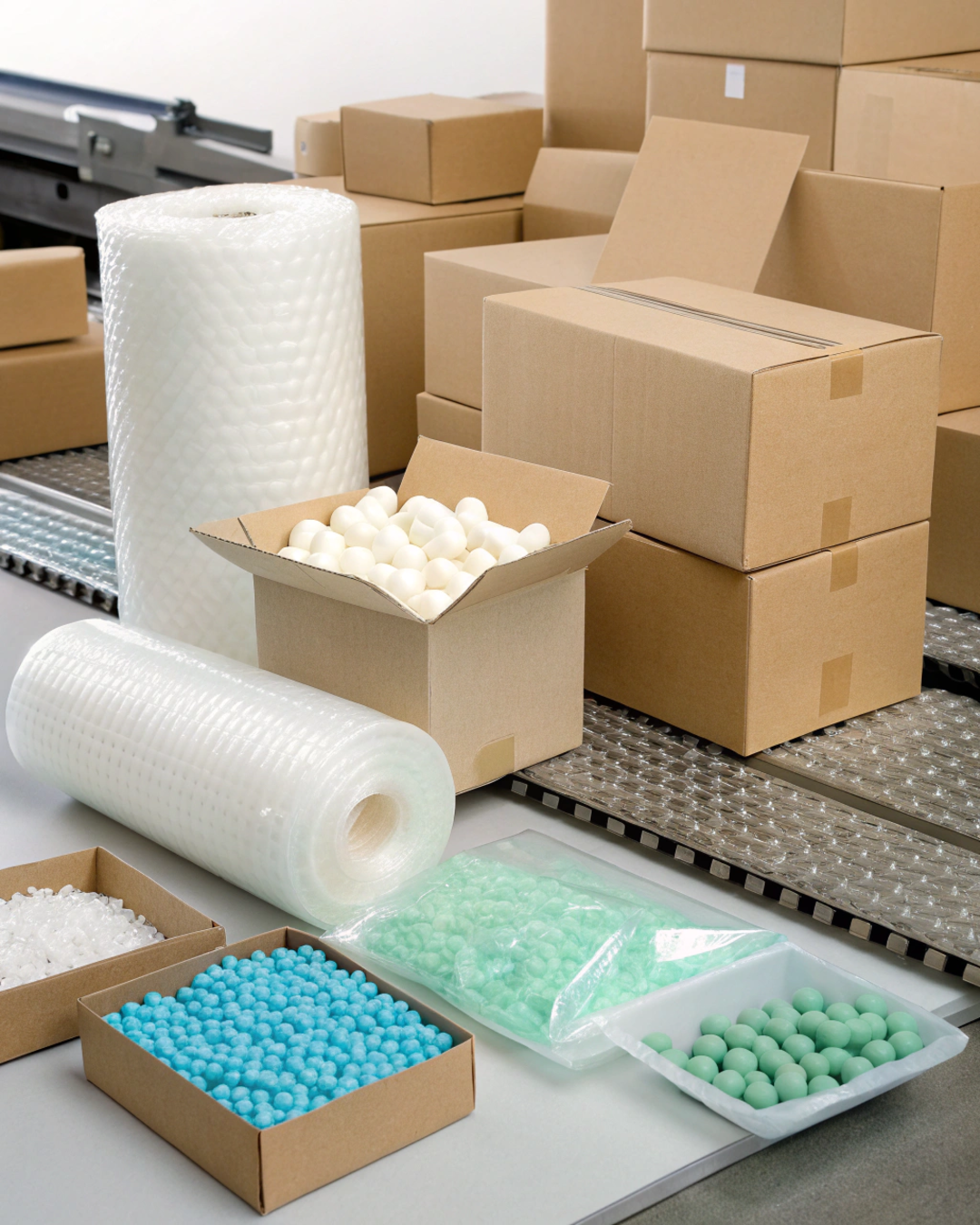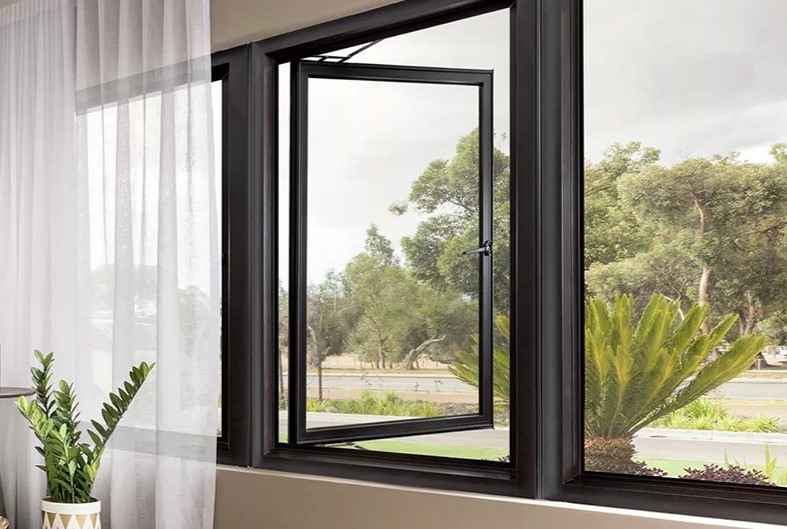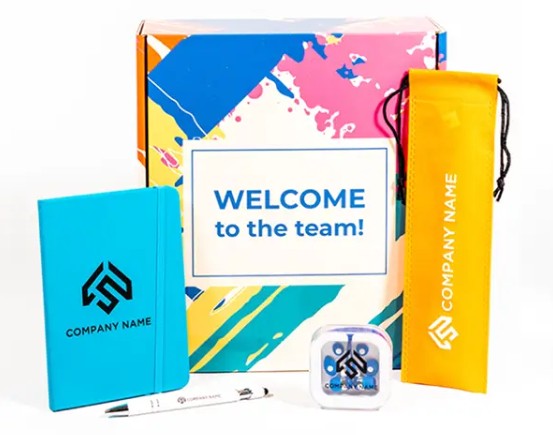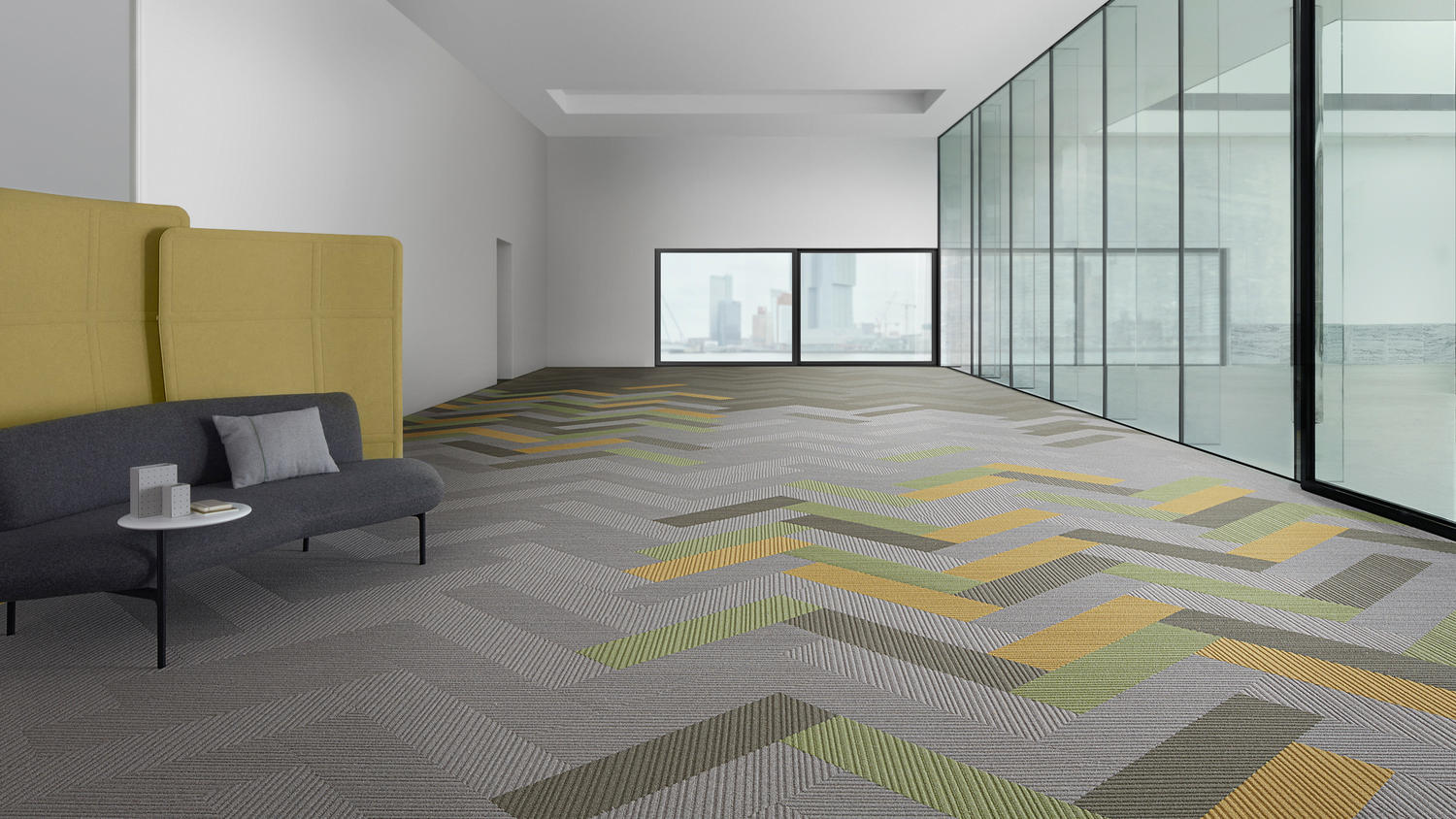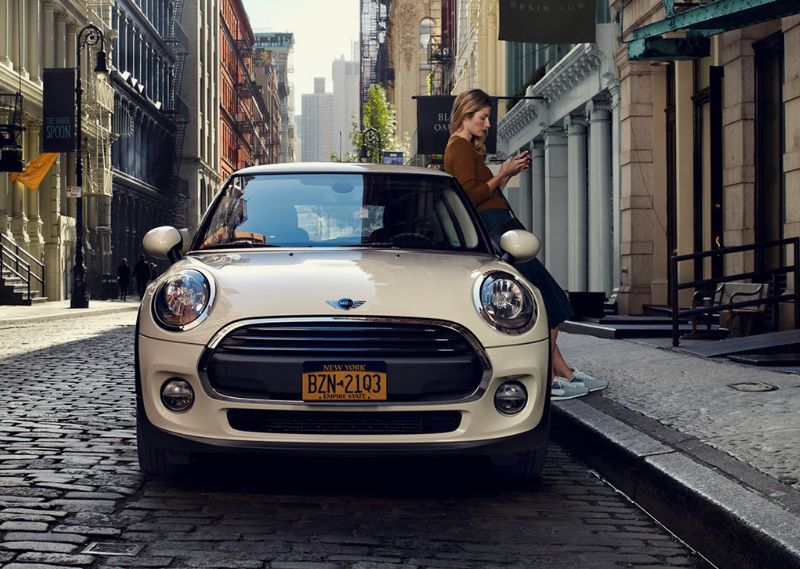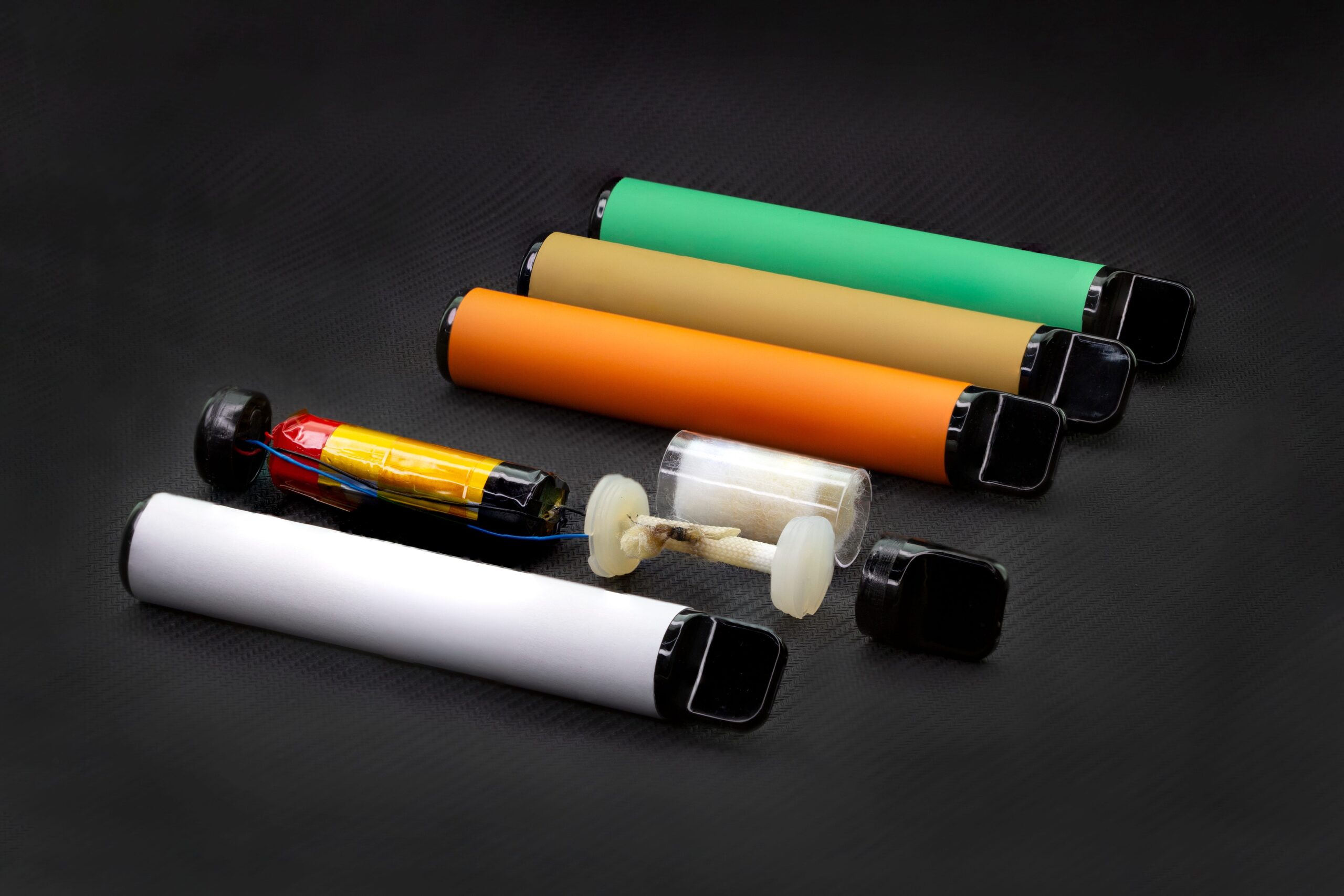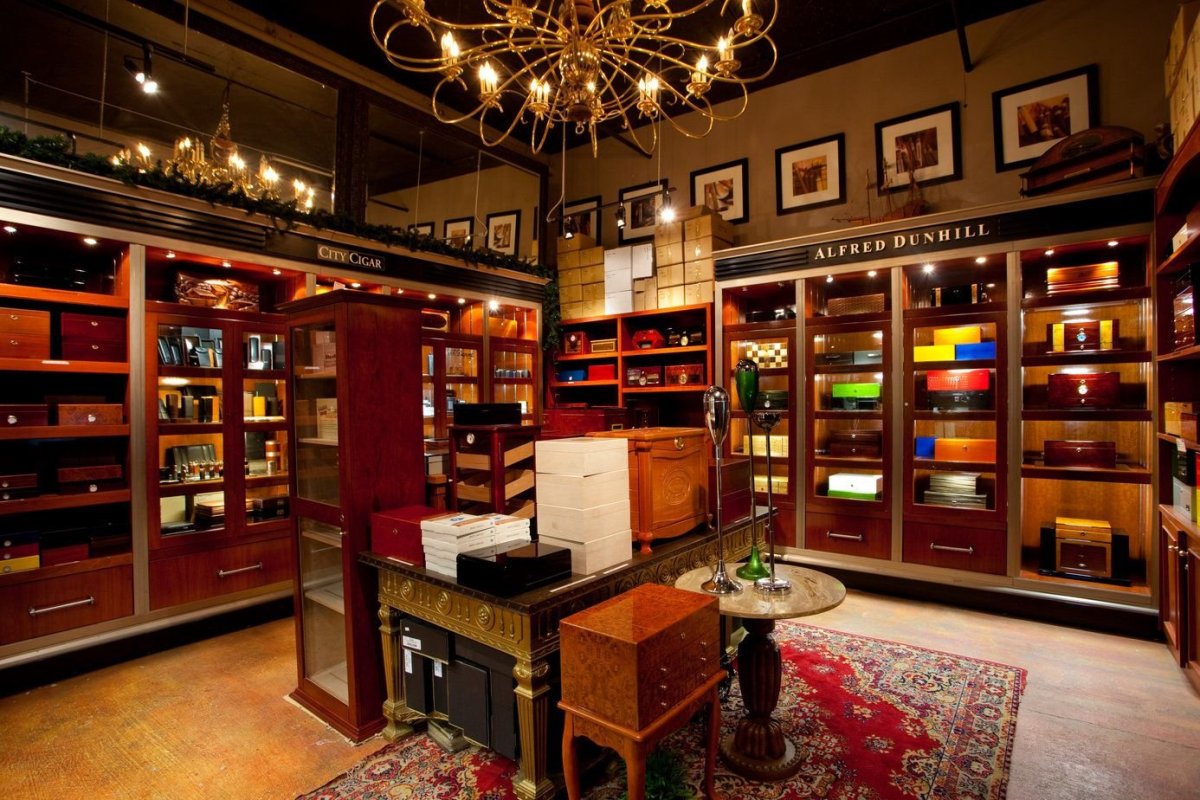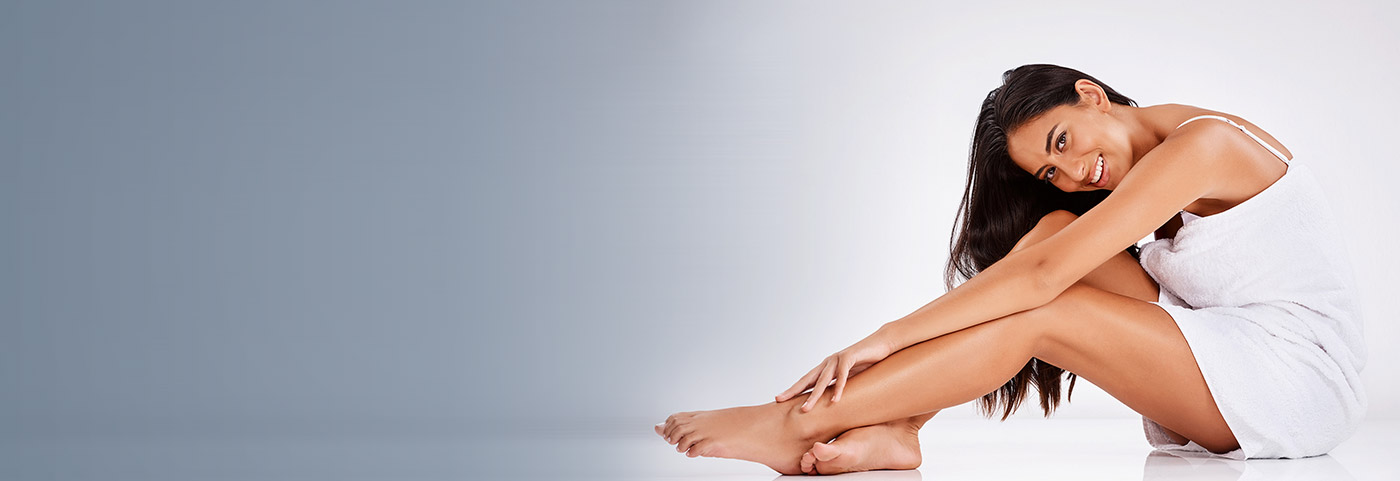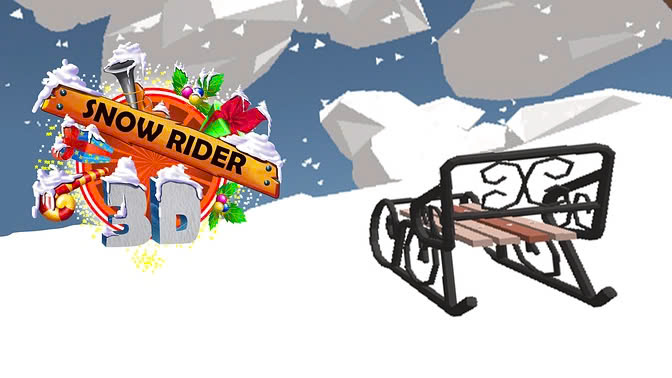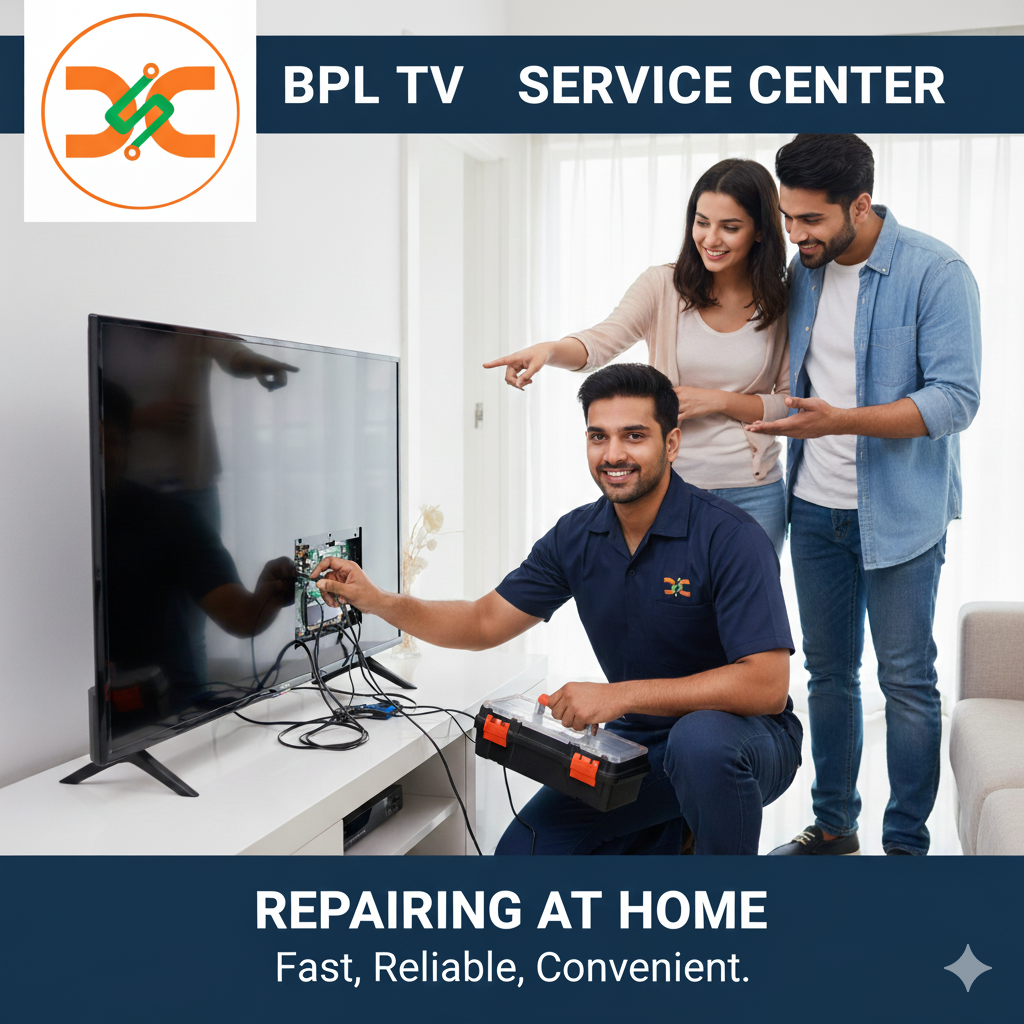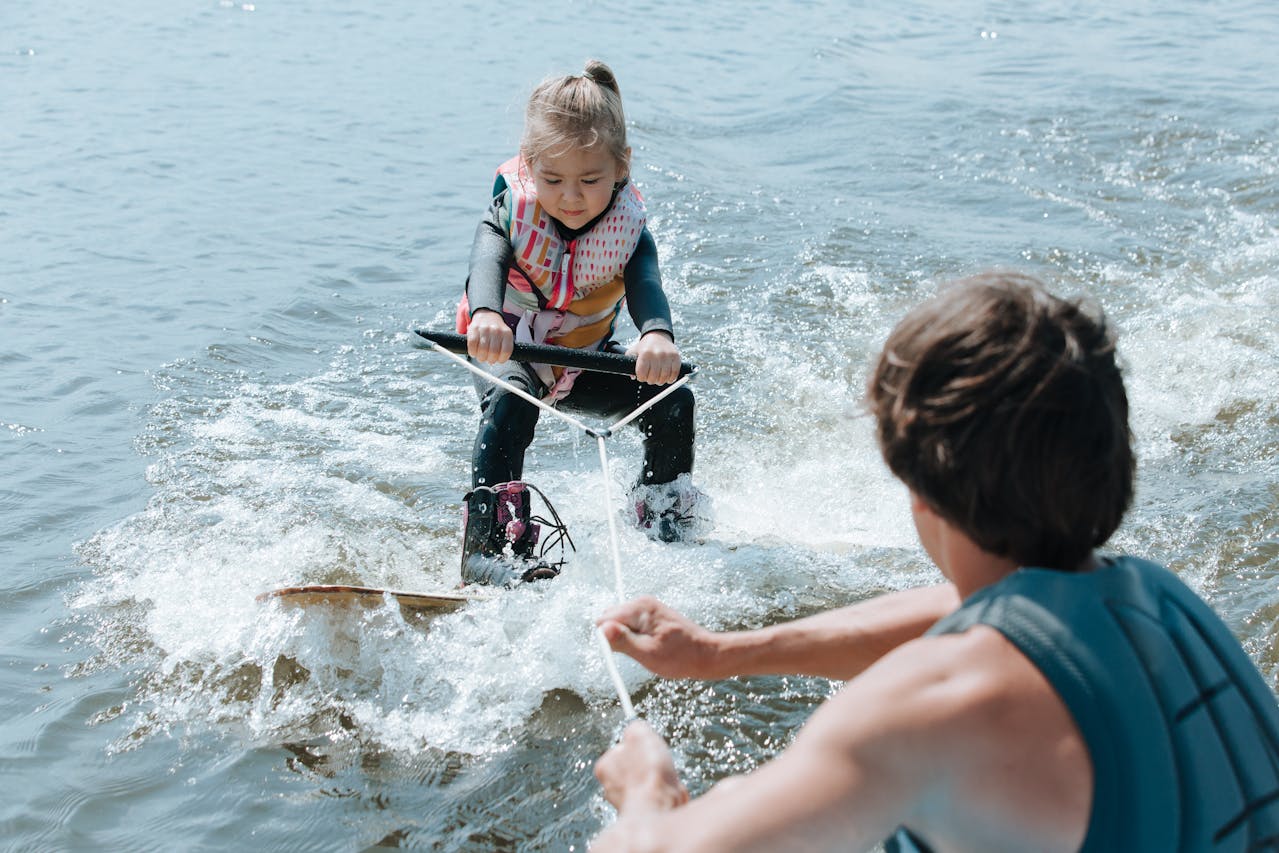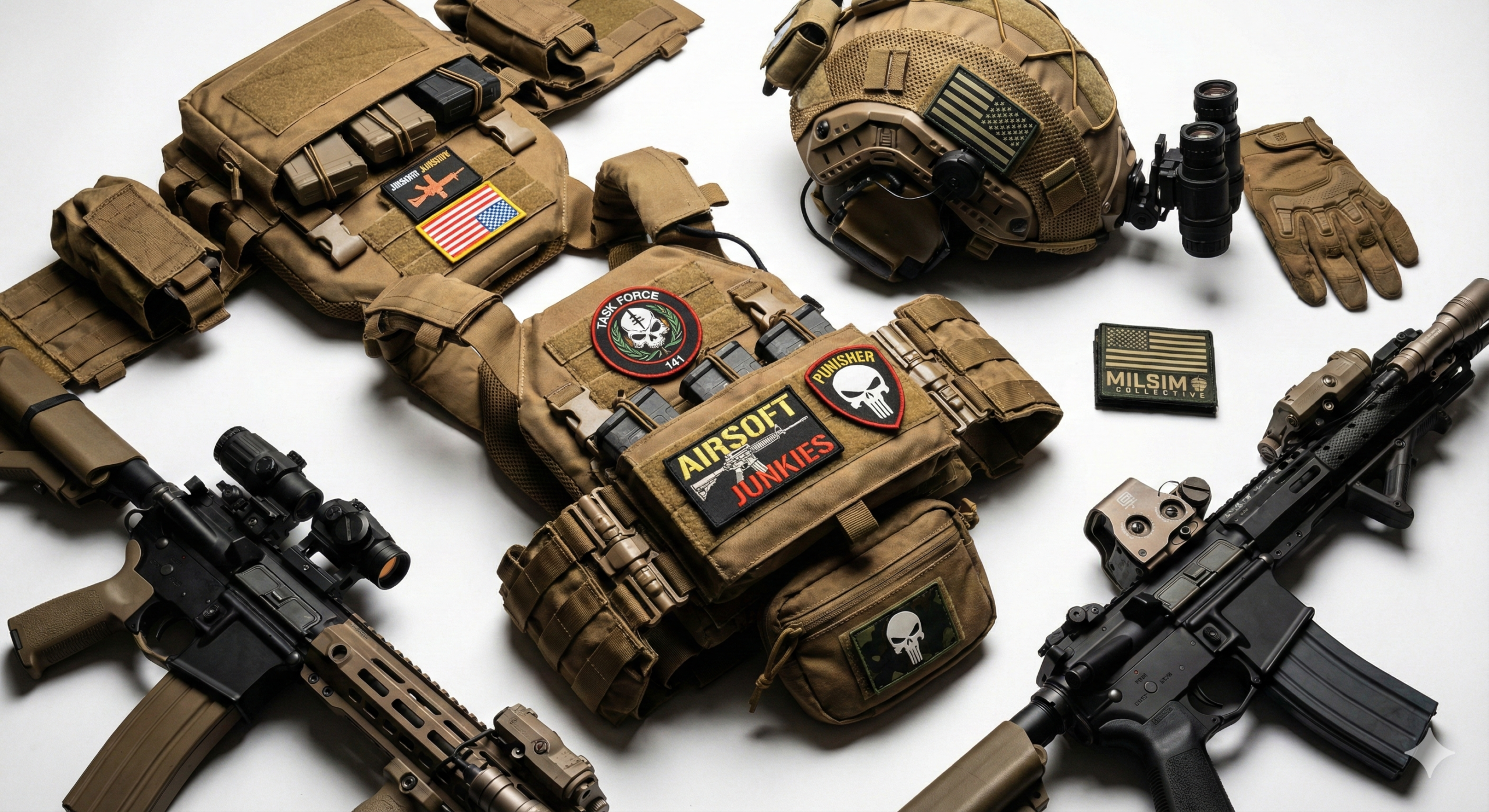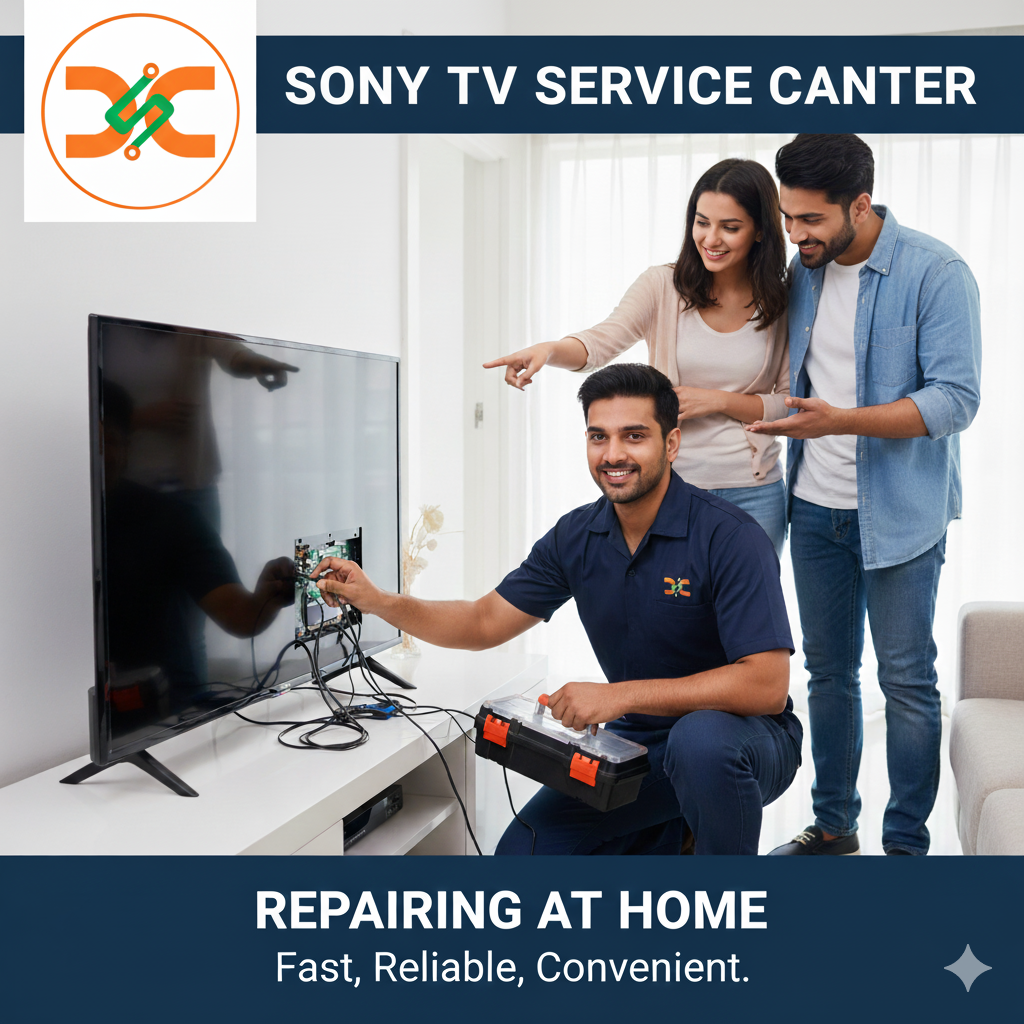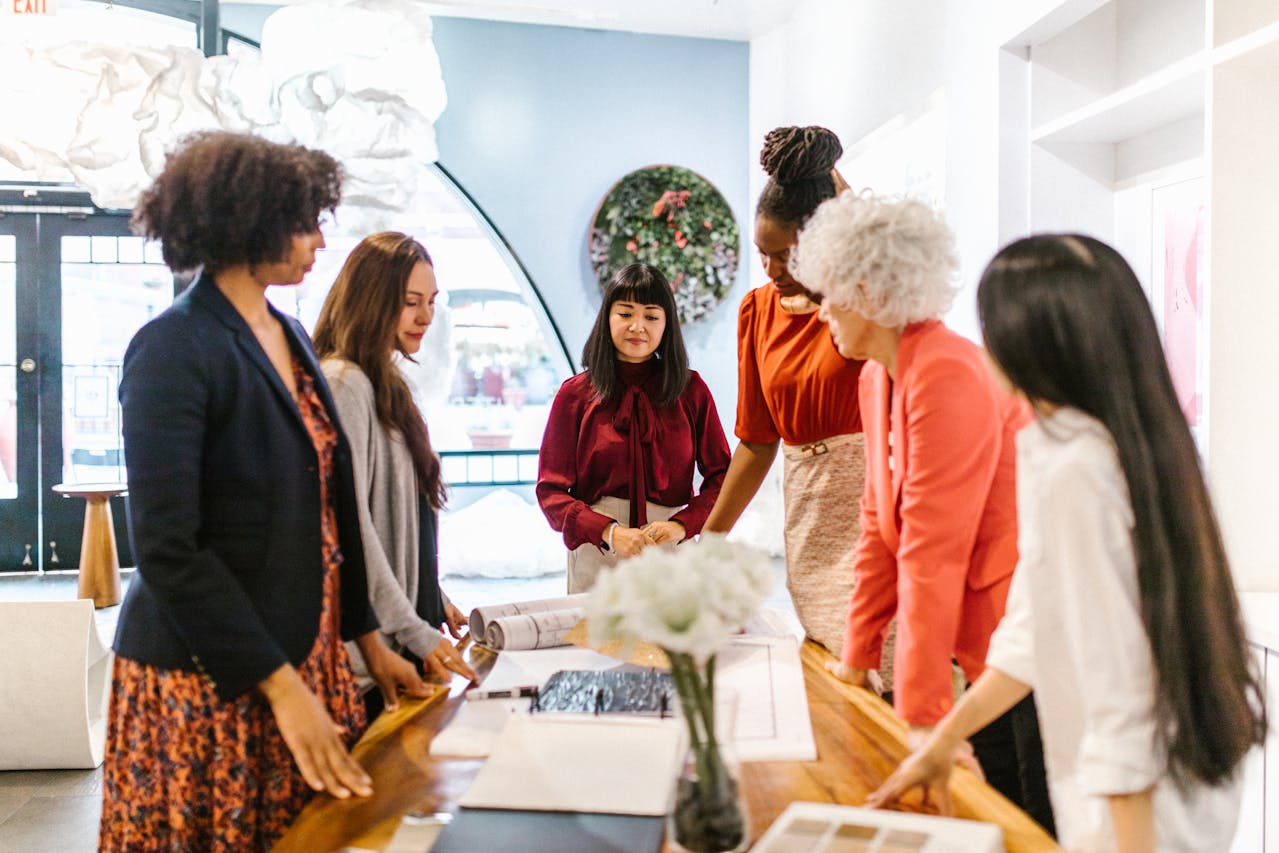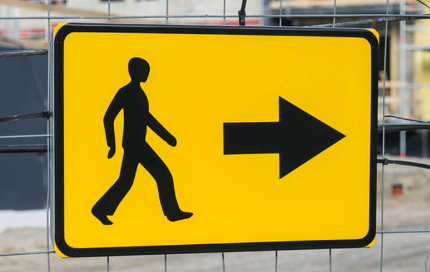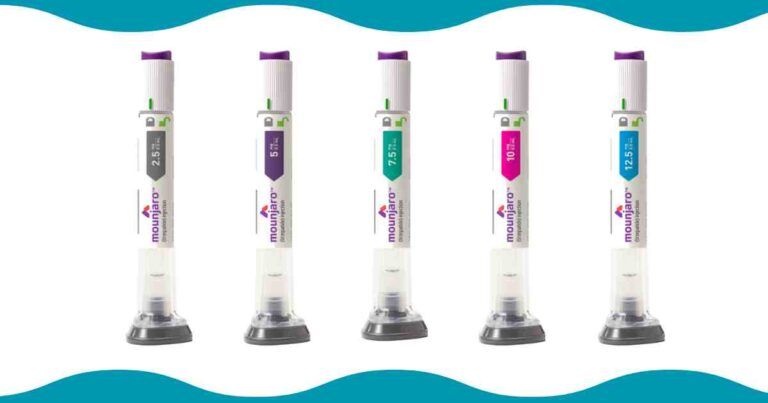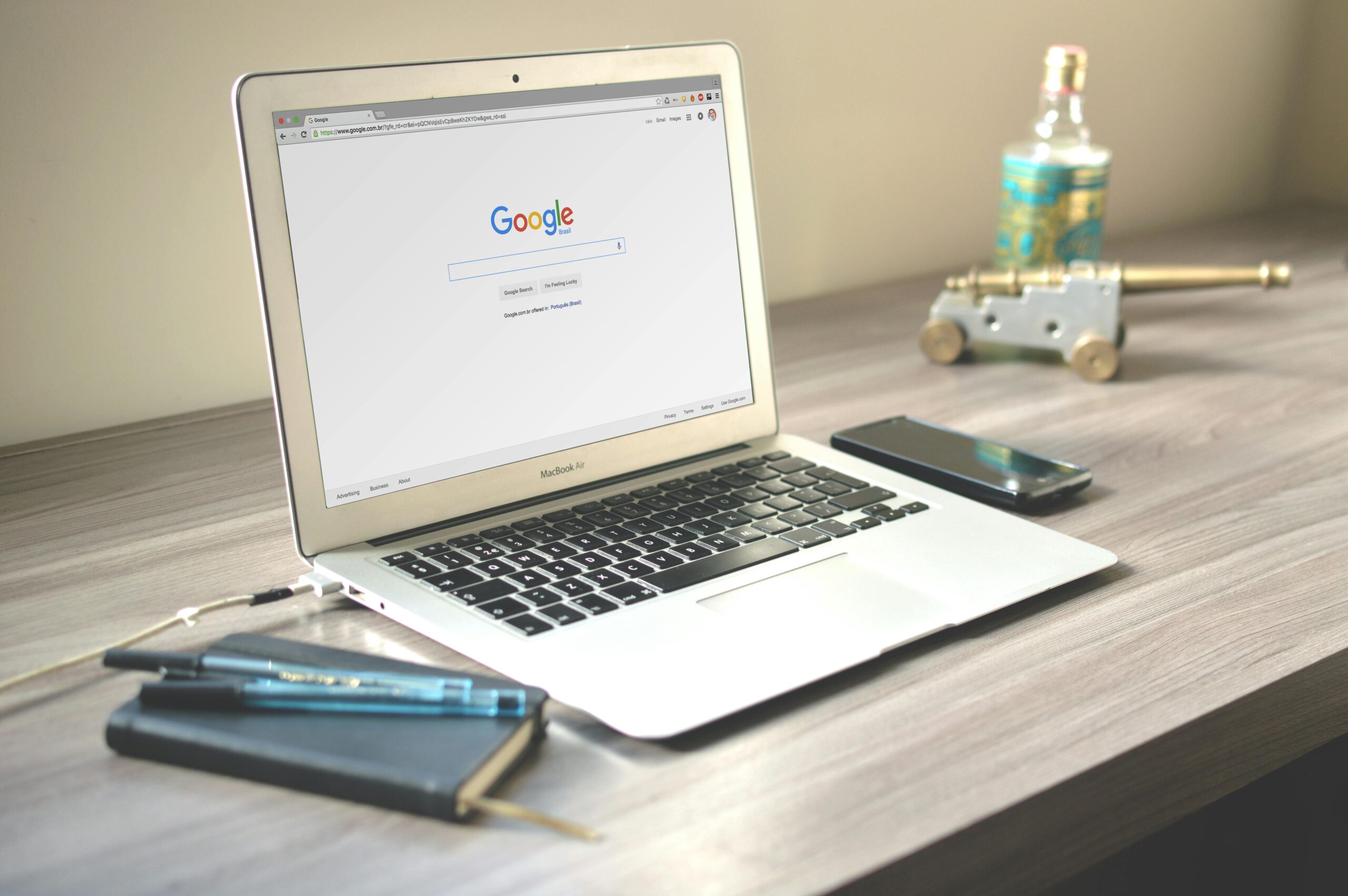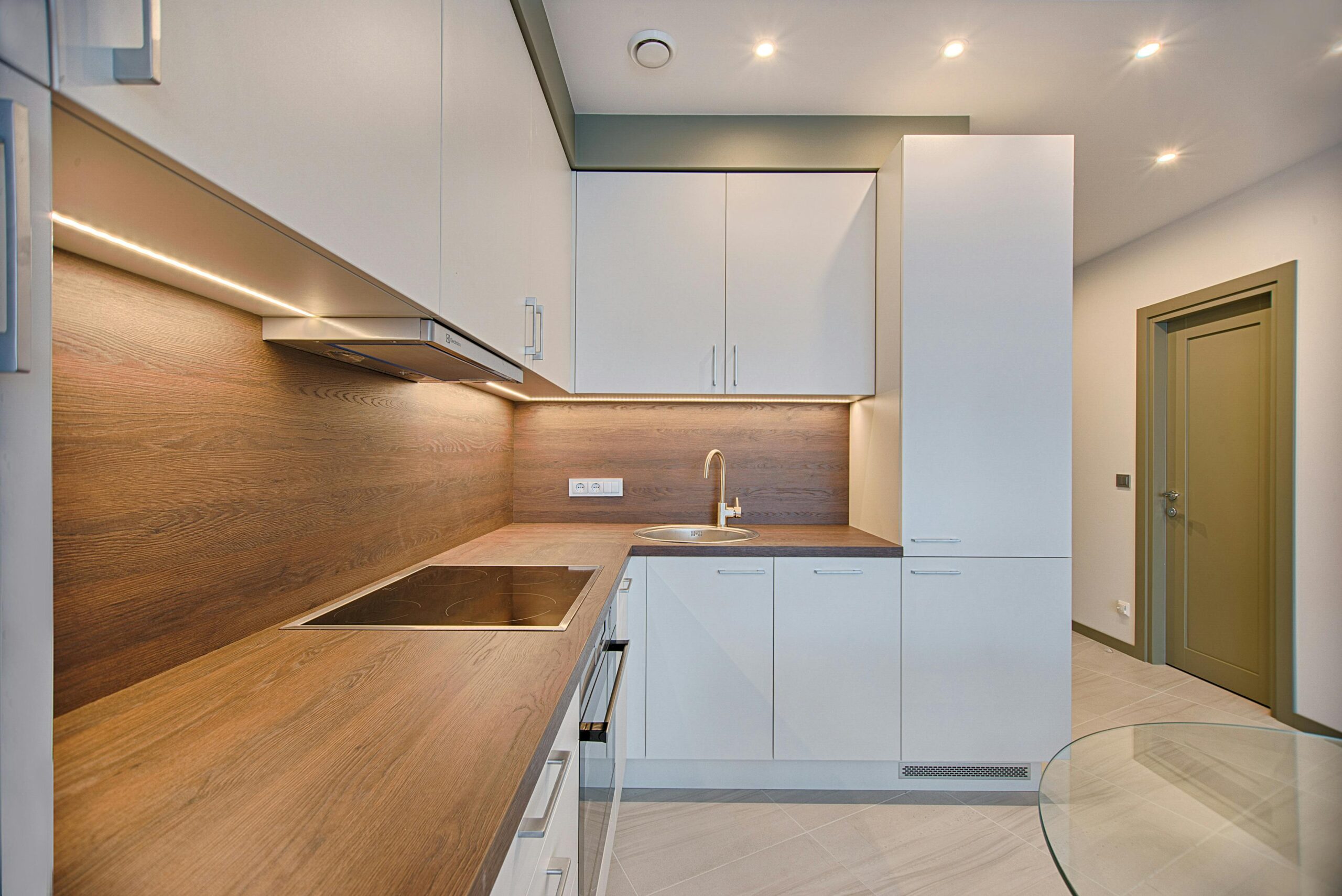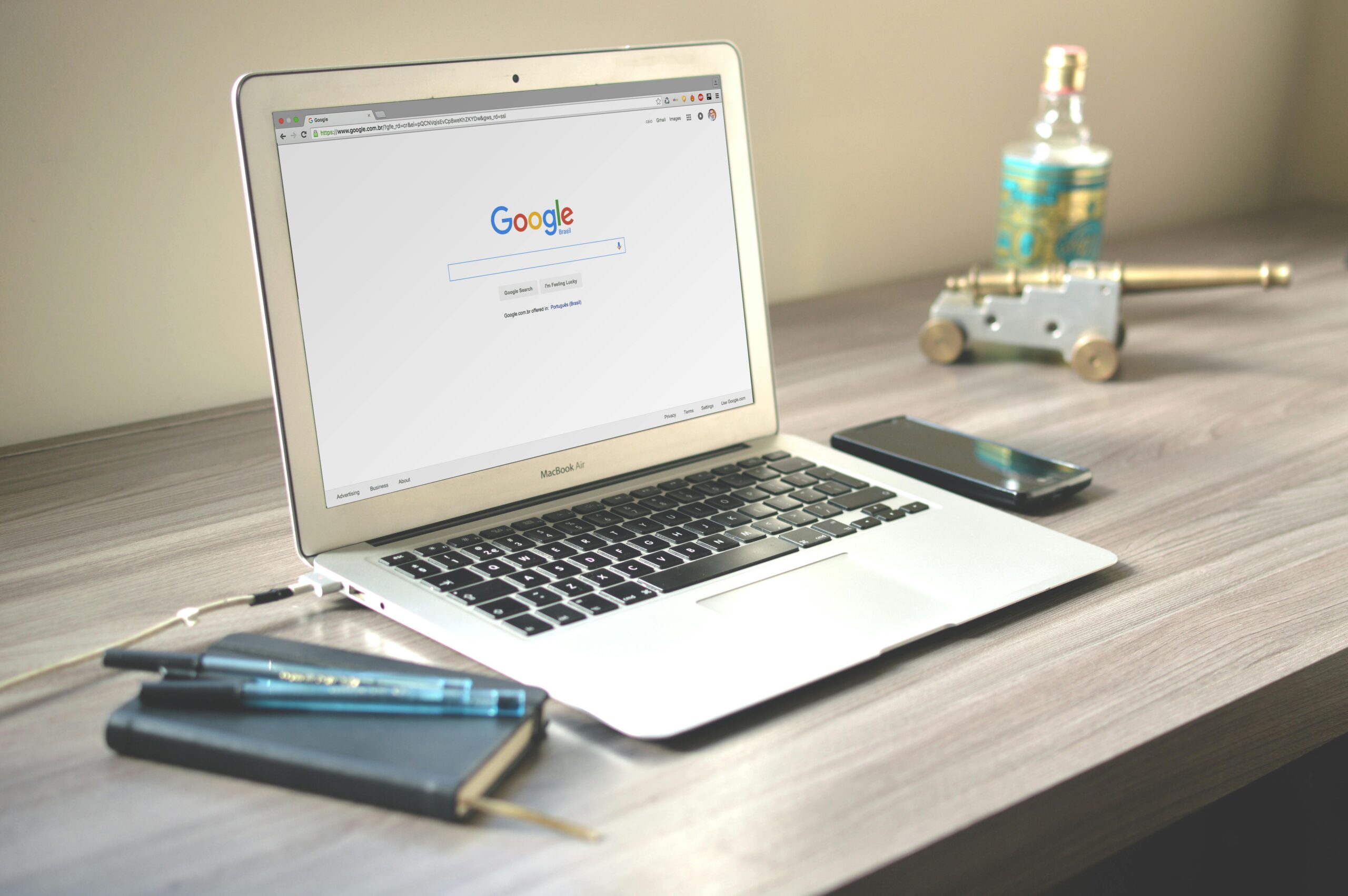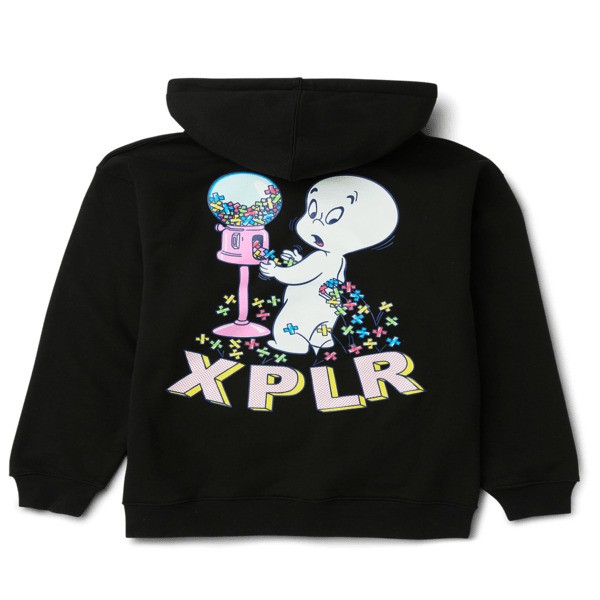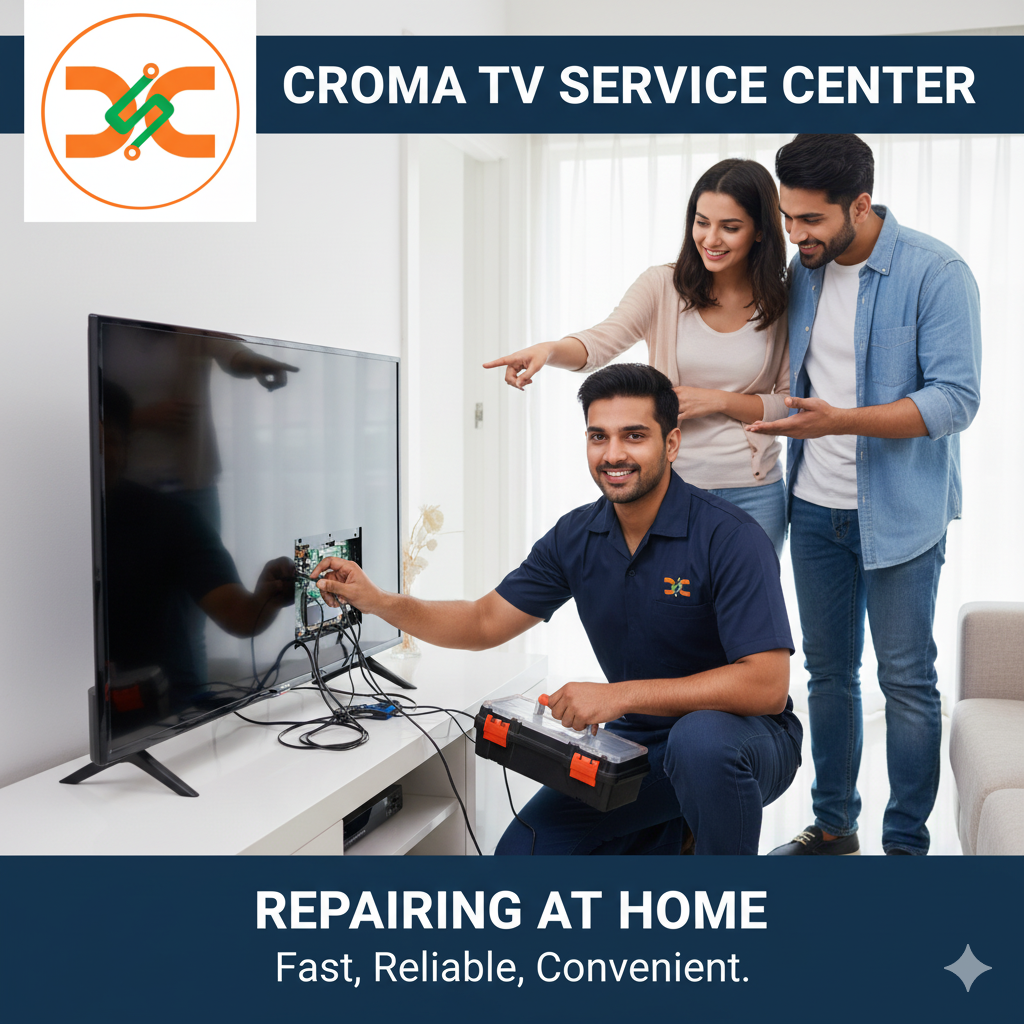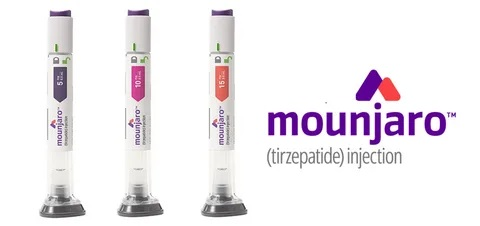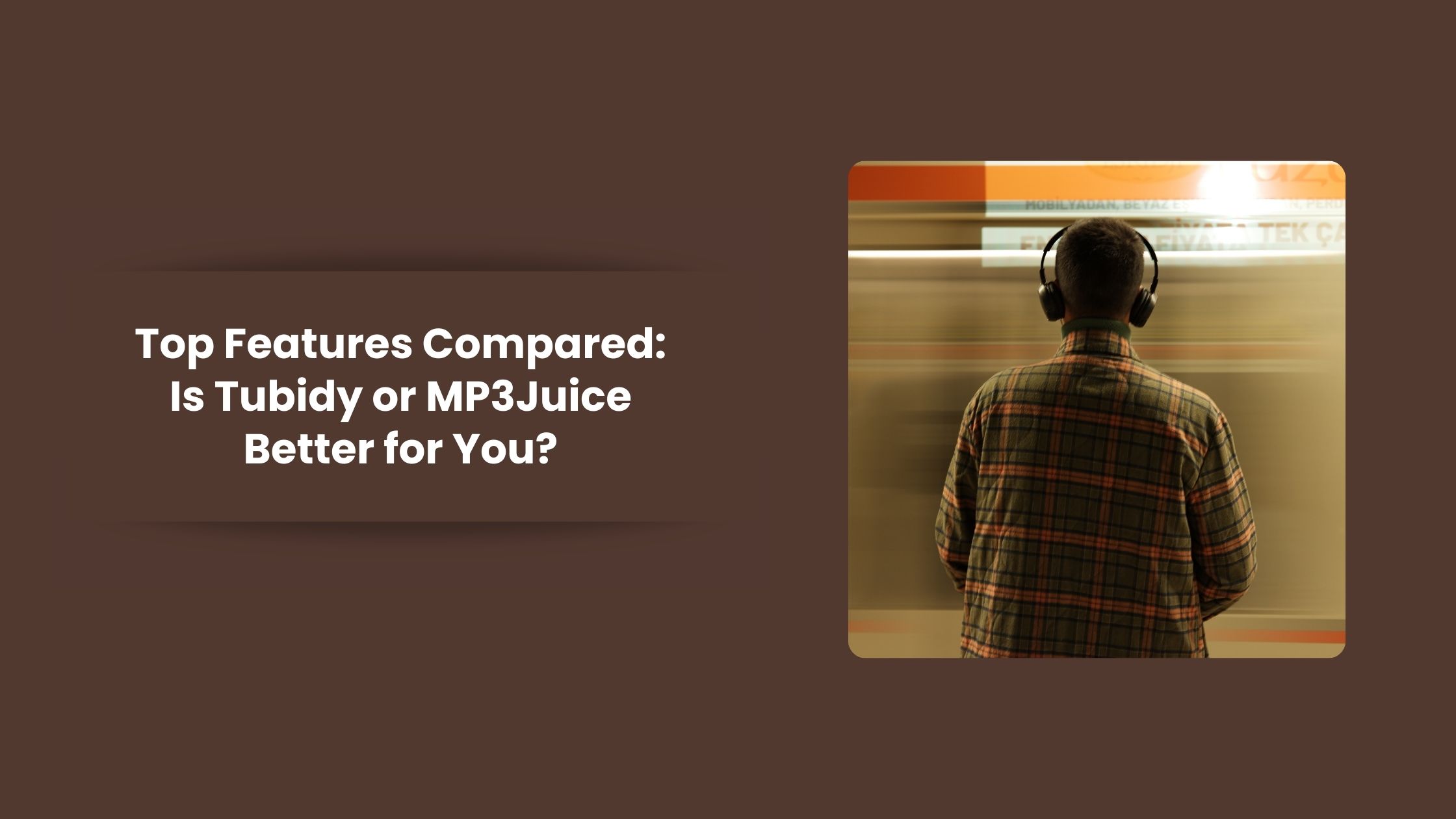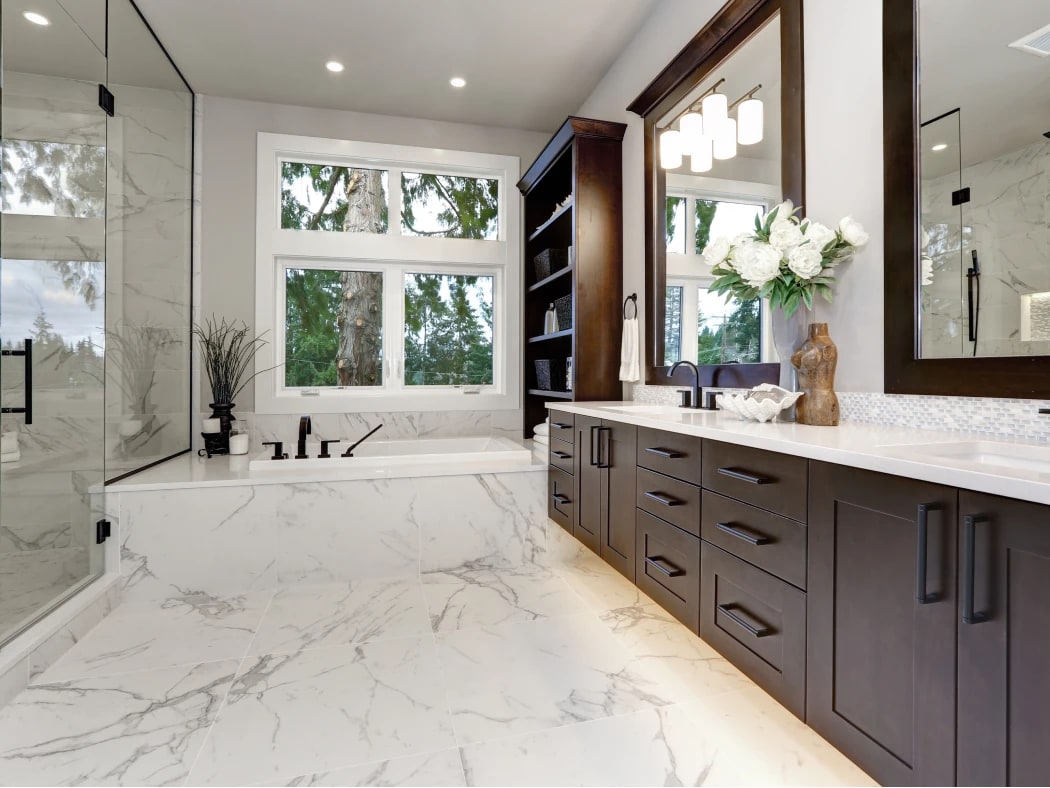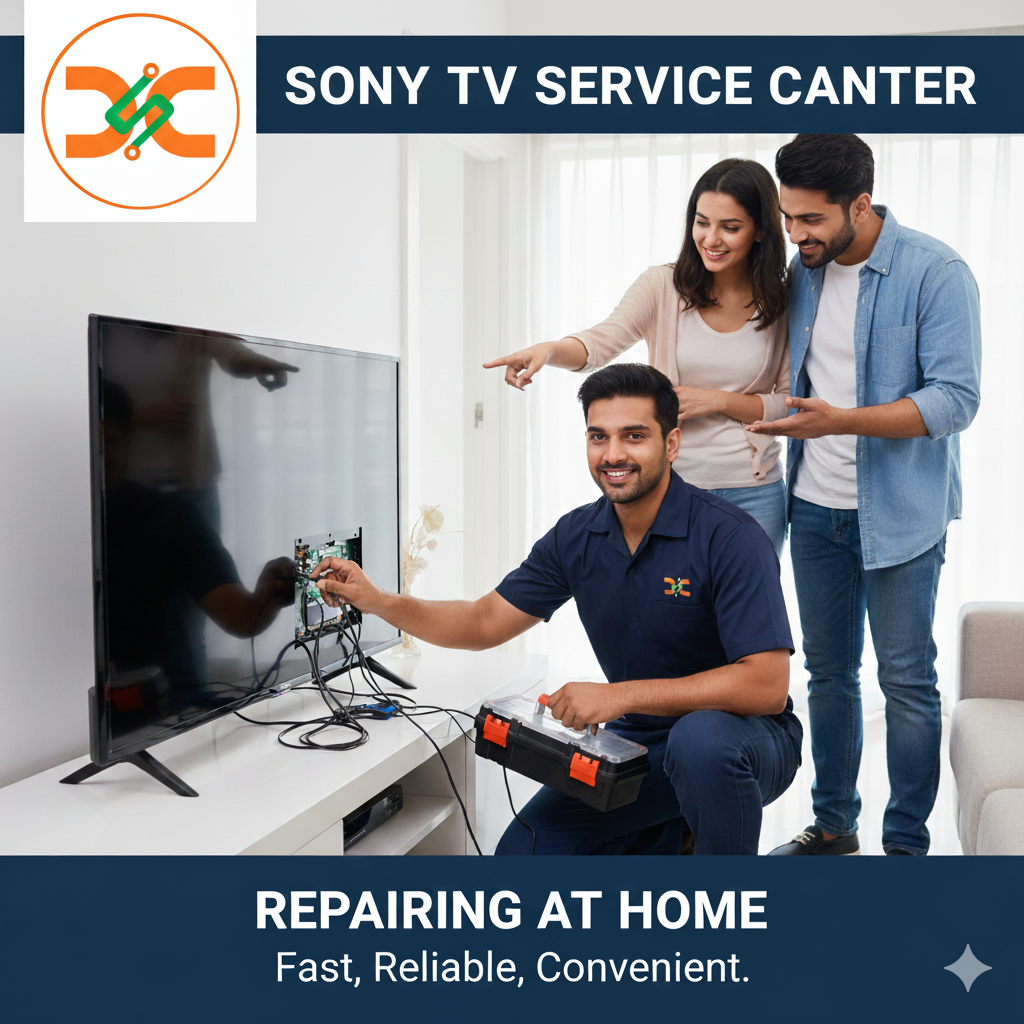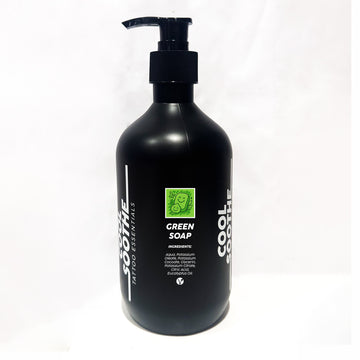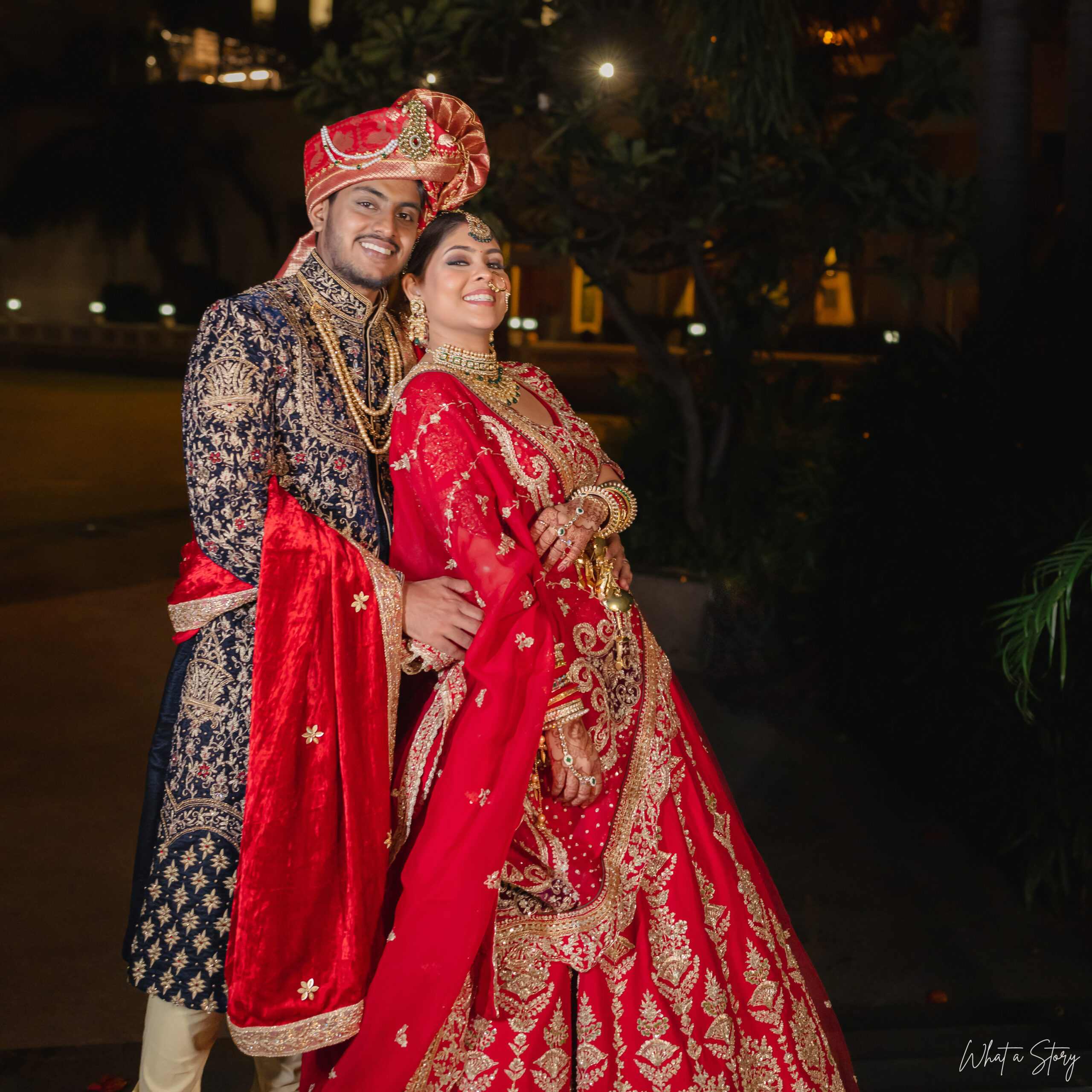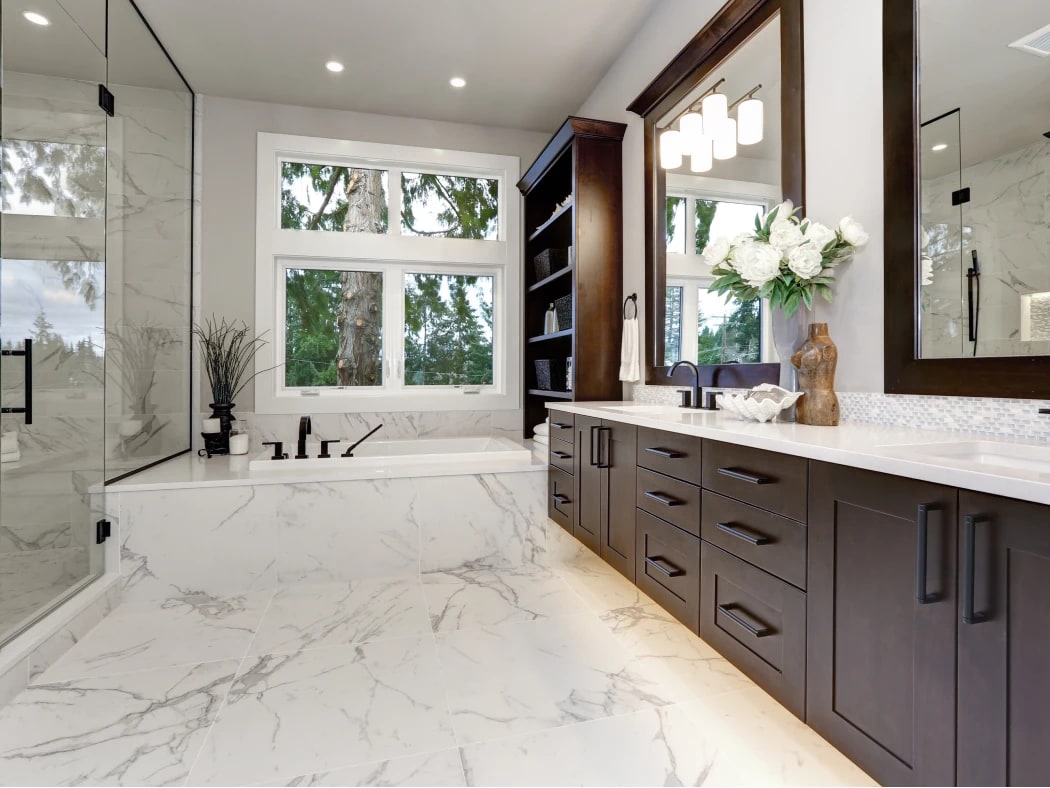Shop All Men’s Footwear Without Regret: A Zero-Fluff Buying Guide

Let’s skip the small talk. If you’re a guy looking to buy shoes and avoid wasting money on stuff that looks good in photos but falls apart after a month, this is for you.
Whether you’re hunting for sneakers, boots, or office-ready loafers, the goal is the same: get something that fits, lasts, and actually works for your lifestyle. When you shop all men’s footwear, skip the marketing fluff—go for smart choices, clear advice, and the kind of breakdown you wish someone gave you years ago.
1. Know Your Foot (Yes, Really)
Before you buy a single pair, you need to know two things:
Your size and your shape.
Size Is Not Universal
You might be a size 10 in Nike and a size 9 in Red Wing. That’s not a manufacturing defect—it’s just how shoes are. Always check the brand’s size chart. Better yet, measure your foot in centimeters and compare that directly.
Arch & Width Matter
High arch? Flat feet? Wide toes? These details matter more than brand or price. Shoes that don’t fit your structure = long-term pain and regret.
2. Define Your Footwear Rotation
Here’s the thing: you don’t need 30 pairs of shoes. You need a solid rotation that covers the following:
-
Everyday casual
-
Workout/training
-
Work/professional
-
Bad weather
-
Something dressy
Let’s break those down with your best bets.
3. Everyday Casual: Sneakers That Last
You want sneakers that look good with jeans, joggers, or shorts—and can take a beating.
Top Picks:
-
Nike Air Max / Adidas UltraBoost – comfort-forward with decent durability.
-
New Balance 574 / 990 – classic looks, solid arch support.
-
Vans Old Skool / Converse Chuck 70 – old-school canvas icons; better for dry days.
What to Avoid:
-
Fashion-only brands with zero support.
-
Cheap materials that crease and tear in weeks.
Pro Tip:
White sneakers go with everything—but they’re high maintenance. Go for off-white or grey if you want less stress.
4. Workout & Training Shoes: Match Your Activity
Running? Lifting? HIIT? Don’t just wear your regular sneakers to the gym.
Choose Based on Use:
-
Running: Brooks Ghost, Hoka Clifton, Nike Pegasus
-
Lifting: Nike Metcon, Reebok Nano, Converse Chuck Taylor (for flat soles)
-
General Training: On Cloud X, Under Armour Tribase, Adidas Dropset
Key Specs to Check:
-
Cushioning
-
Heel-to-toe drop
-
Lateral support
Pro Tip:
If you’re doing multiple activities, grab a cross-trainer. Don’t wreck your knees with the wrong gear.
5. Professional Footwear: Clean, Not Flashy
Even if your office is remote, you still need one pair of “grown-up” shoes.
The Essentials:
-
Derby shoes – more versatile than Oxfords
-
Loafers – easy slip-on style for business casual
-
Chelsea boots – sleek enough for both meetings and nights out
Brands Worth Looking At:
-
Allen Edmonds
-
Thursday Boots
-
Beckett Simonon
-
Clarks
Pro Tip:
Stick to black or brown leather. No one needs to see your lime green suede monk straps.
6. Weather-Ready Footwear: Don’t Get Soaked
Bad weather happens. If you’re walking through rain or snow in your mesh running shoes, you’re doing it wrong.
What You Need:
-
Waterproof boots – like Blundstone, Timberland, or Danner
-
Duck boots – great for slush and winter mess
-
GORE-TEX sneakers – for rainy city days
Features to Look For:
-
Waterproof membrane (not just water-resistant)
-
Non-slip outsoles
-
Easy to clean
Pro Tip:
Waterproof spray helps, but it’s not a miracle worker. Start with good materials.
7. Dress Shoes: Buy Once, Cry Once
You don’t wear them often, but when you do—weddings, interviews, formal events—they need to pull their weight.
Must-Haves:
-
Cap-toe Oxford in black – for formal occasions
-
Brown brogues or wingtips – versatile for business or dressy casual
Materials:
-
Full-grain leather only. Skip “genuine leather”—that’s code for “junk.”
Pro Tip:
Invest once. Proper leather dress shoes can last 10+ years with care and resole options.
8. Fit: The Most Important Thing You’ll Ignore
Let’s be honest: most guys wear shoes that are either too tight or too loose. Bad fit causes blisters, posture problems, and long-term foot pain.
Fit Checklist:
-
Toe wiggle room? Yes.
-
Heel slippage? No.
-
Midfoot snugness? Yes.
-
Break-in period? Acceptable, not brutal.
Try This:
Try on shoes at the end of the day (your feet swell). Wear the same socks you plan to use. Walk around—don’t just stand still.
9. Materials: Know What You’re Paying For
Here’s what matters and what’s marketing.
Good Materials:
-
Full-grain leather – durable, looks better with age
-
Suede – stylish but harder to maintain
-
Knit uppers – breathable and flexible
-
Vulcanized rubber soles – long-lasting and solid grip
Avoid:
-
Bonded leather
-
Synthetic-only uppers (unless it’s high-tech like Flyknit or Primeknit)
-
Paper-thin soles
Pro Tip:
Price doesn’t equal quality. Some $300 shoes use trash materials. Some $100 ones are built like tanks. Do your homework.
10. Buy Smart: Not Just Cheap or Expensive
There’s a sweet spot between overpriced hype and bargain-bin junk.
Budget Breakdown:
-
$50–$100: Decent canvas sneakers or gym shoes.
-
$100–$200: Solid boots, loafers, and premium sneakers.
-
$200+: Investment-level dress shoes and handmade boots.
Pro Tip:
Focus on cost-per-wear. A $200 pair you wear 100 times is a better deal than a $40 pair that dies in 10.
11. Maintenance = Longevity
Want your shoes to last? Then you’ve got to take care of them.
Essentials:
-
Shoe trees for leather shoes
-
A basic cleaning kit (brush, cleaner, conditioner)
-
Waterproof spray
-
Don’t wear the same pair two days in a row
Pro Tip:
Let them breathe. Moisture kills shoes faster than anything.
12. Where to Buy: Online vs In-Store
Online:
-
Bigger selection
-
Better deals
-
Free returns are a must
In-Store:
-
Try before you buy
-
Instant gratification
-
Ideal for first-time purchases or fit issues
Trusted Online Retailers:
-
Zappos
-
Huckberry
-
Nordstrom
-
END.
-
StockX / GOAT (for rare sneakers)
13. Don’t Fall for the Hype
Trendy isn’t the same as timeless. Avoid buying just because it’s popular.
Red Flags:
-
“Limited edition” excuses for high prices
-
Shoes that look great but feel terrible
-
Brands that spend more on marketing than materials
Be honest with yourself. If it doesn’t fit your lifestyle, it’ll sit in your closet.
14. Build a Smart Shoe Wardrobe (Starter Pack)
If you’re rebuilding from scratch, start with these:
-
White or grey sneakers (casual)
-
Black running/training shoes (gym)
-
Brown Chelsea boots (smart casual/dressy)
-
Black Oxfords or Derbies (formal)
-
Waterproof boots (bad weather)
That’s it. Five pairs. Covers 95% of your life. Upgrade from there, not before.
Final Thoughts: Shop With Intention
Here’s what this all boils down to:
-
Know your foot
-
Buy for your life, not your Instagram
-
Quality over quantity
-
Fit over fashion
-
Maintenance matters
When you shop with that mindset, you won’t regret your footwear choices. You’ll walk more confidently, feel more comfortable, and never have to say, “Why the hell did I buy these?”
And that’s the goal, right?


 English
English 